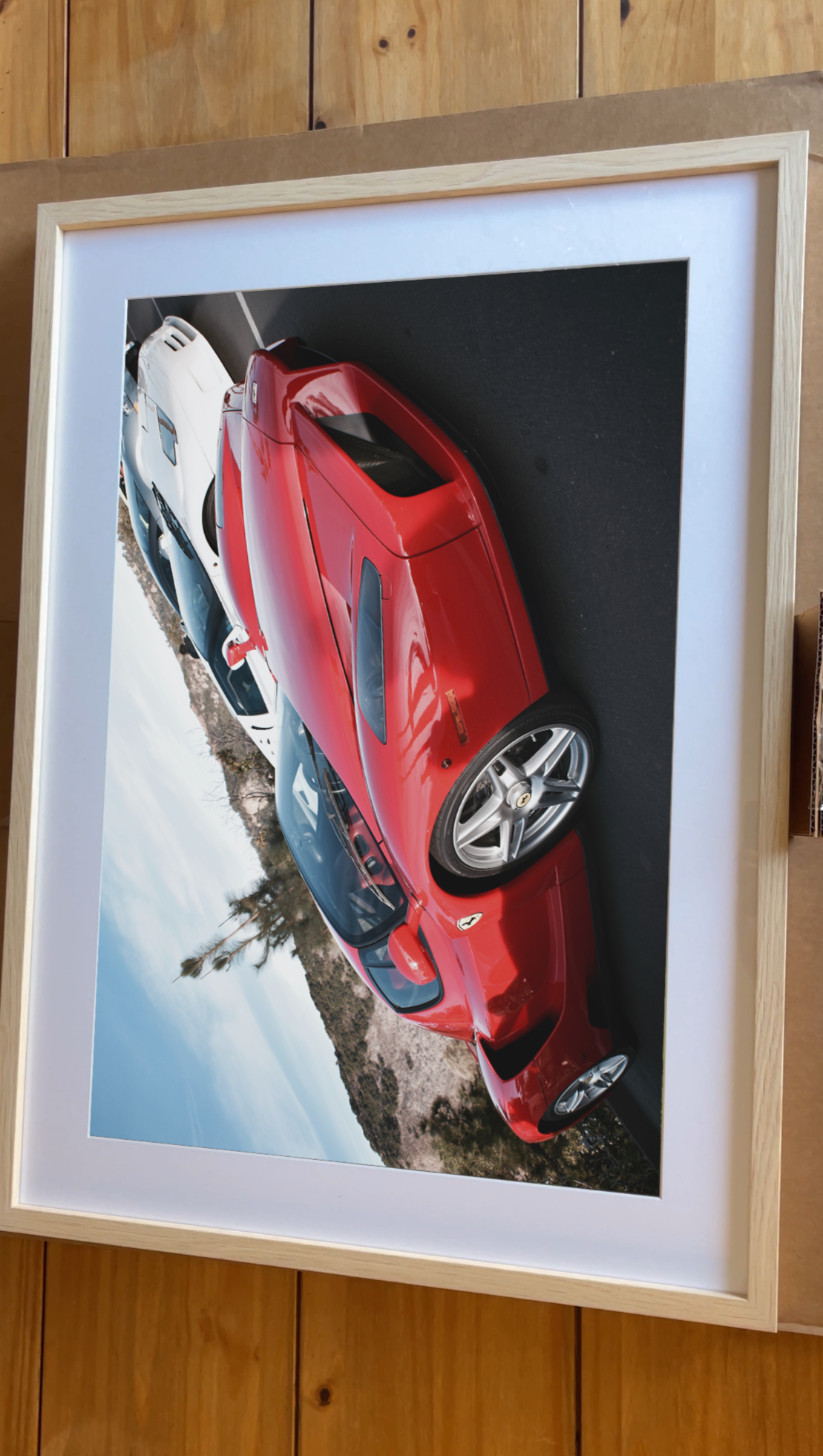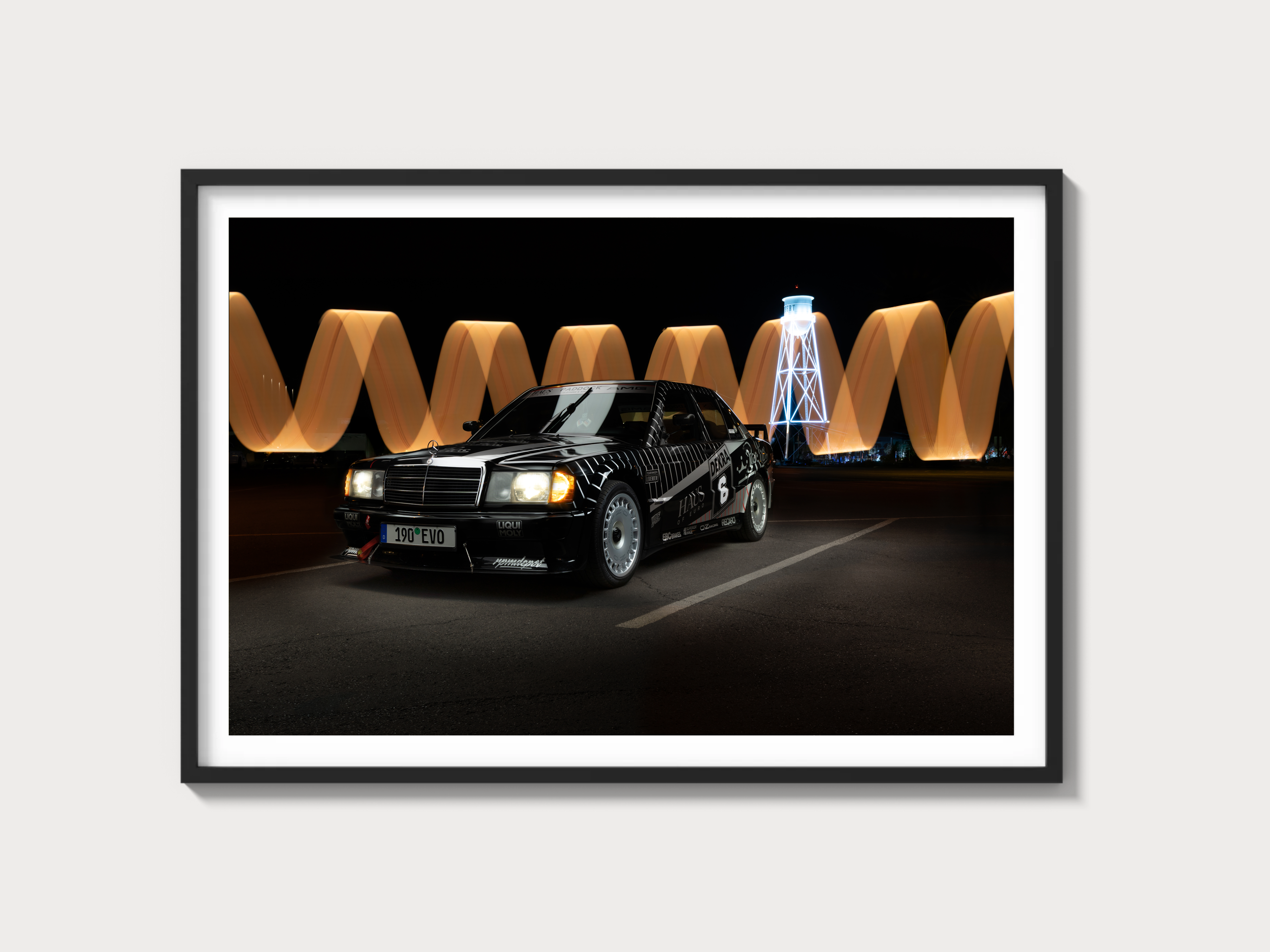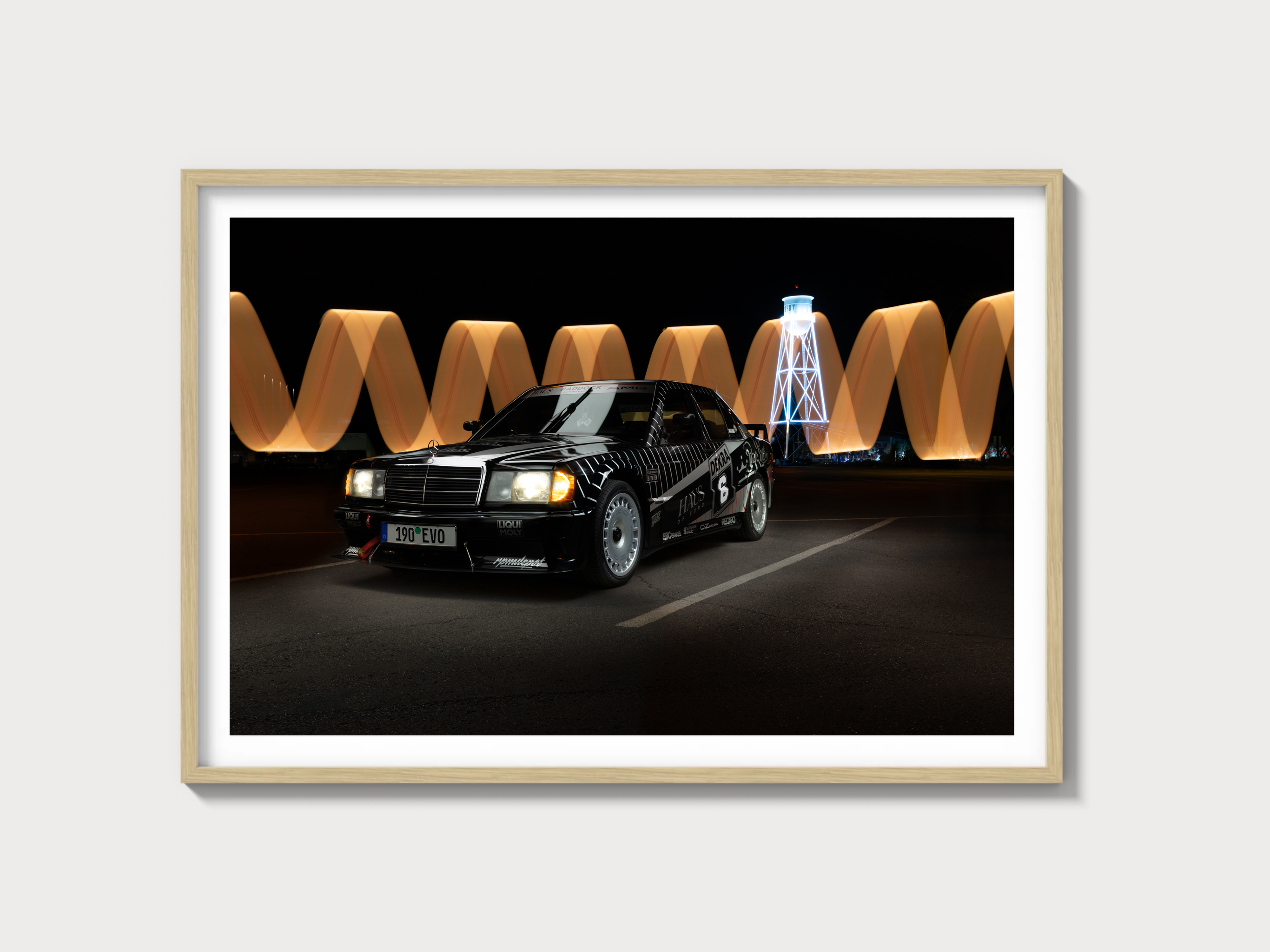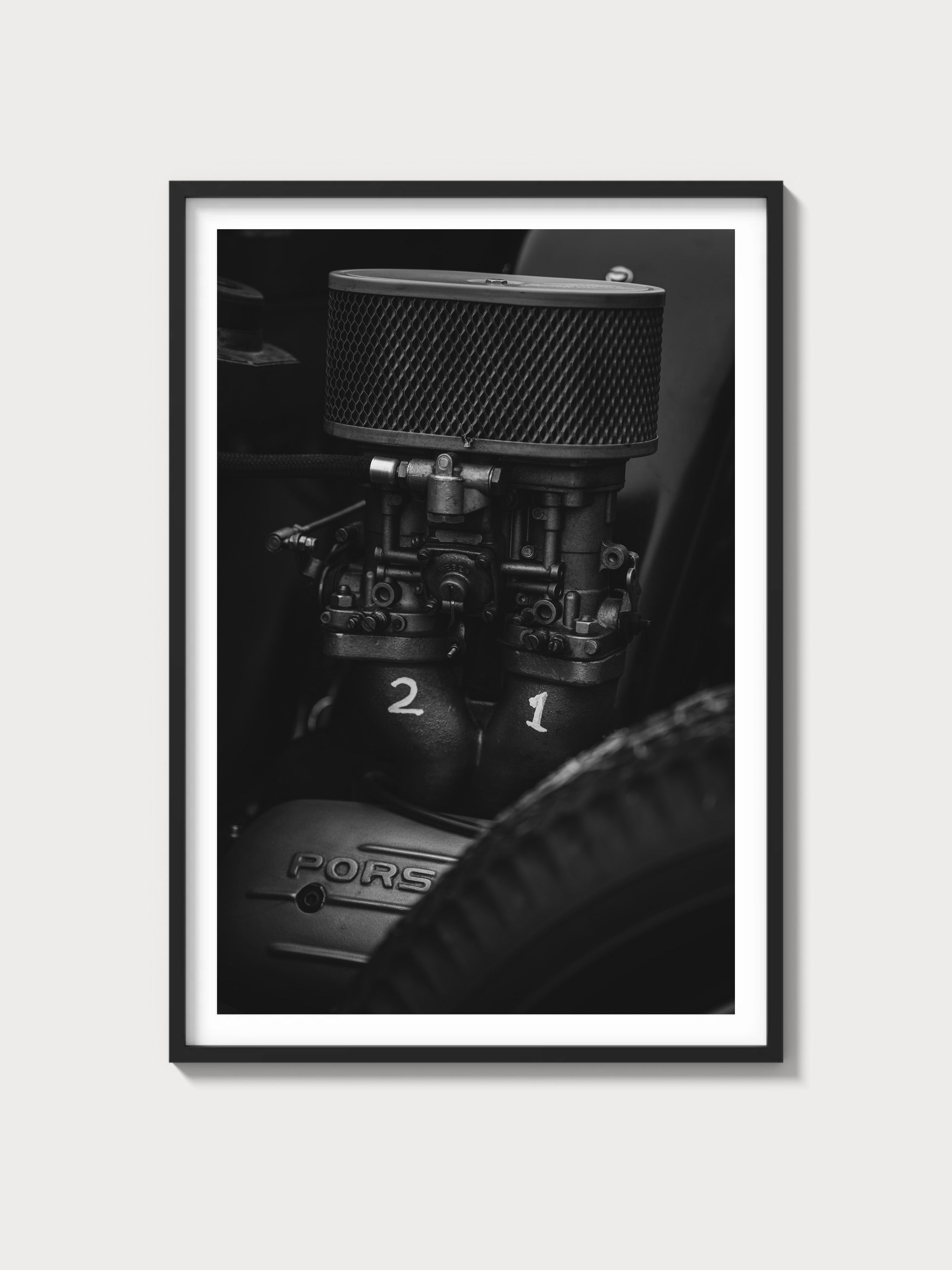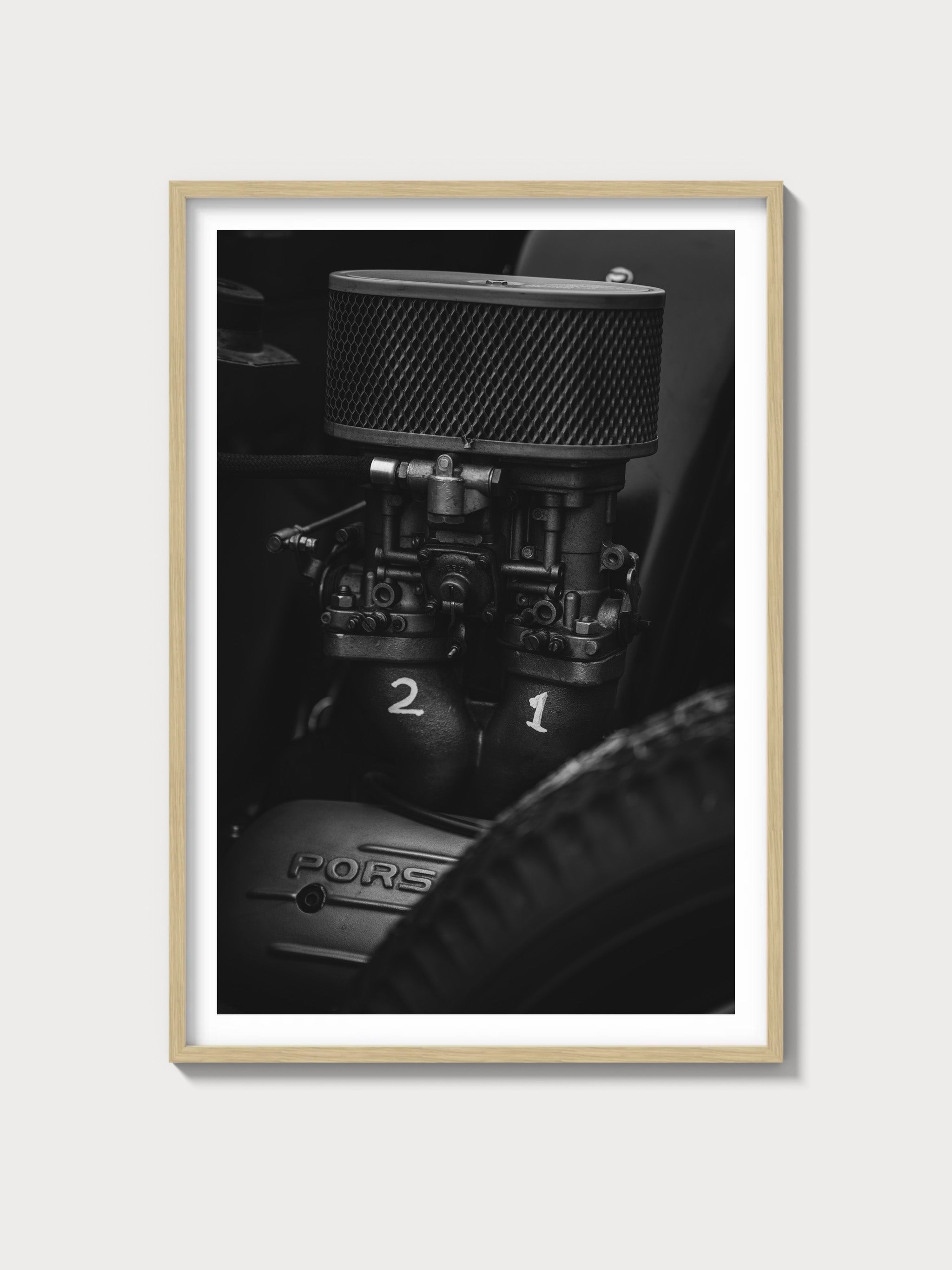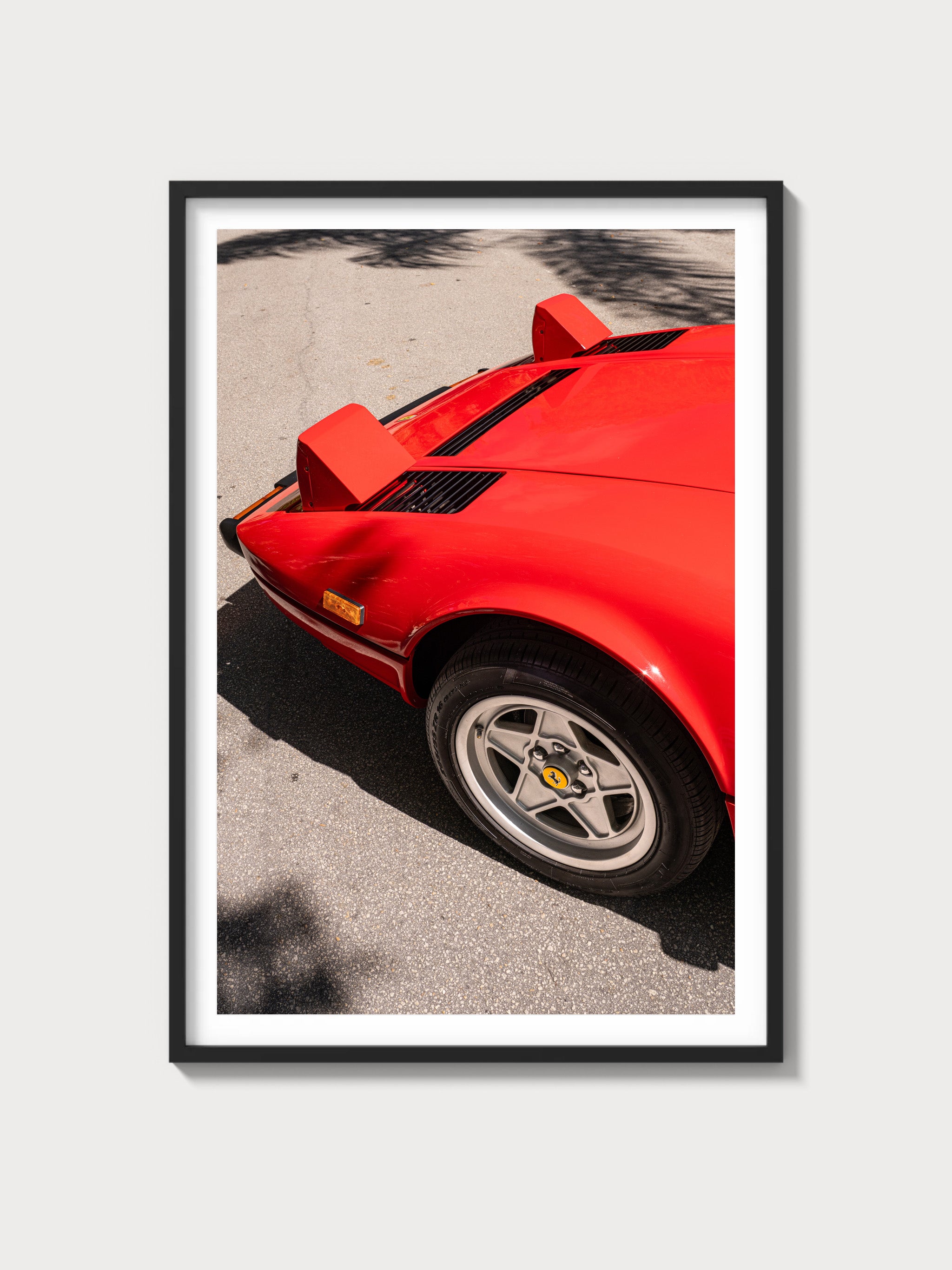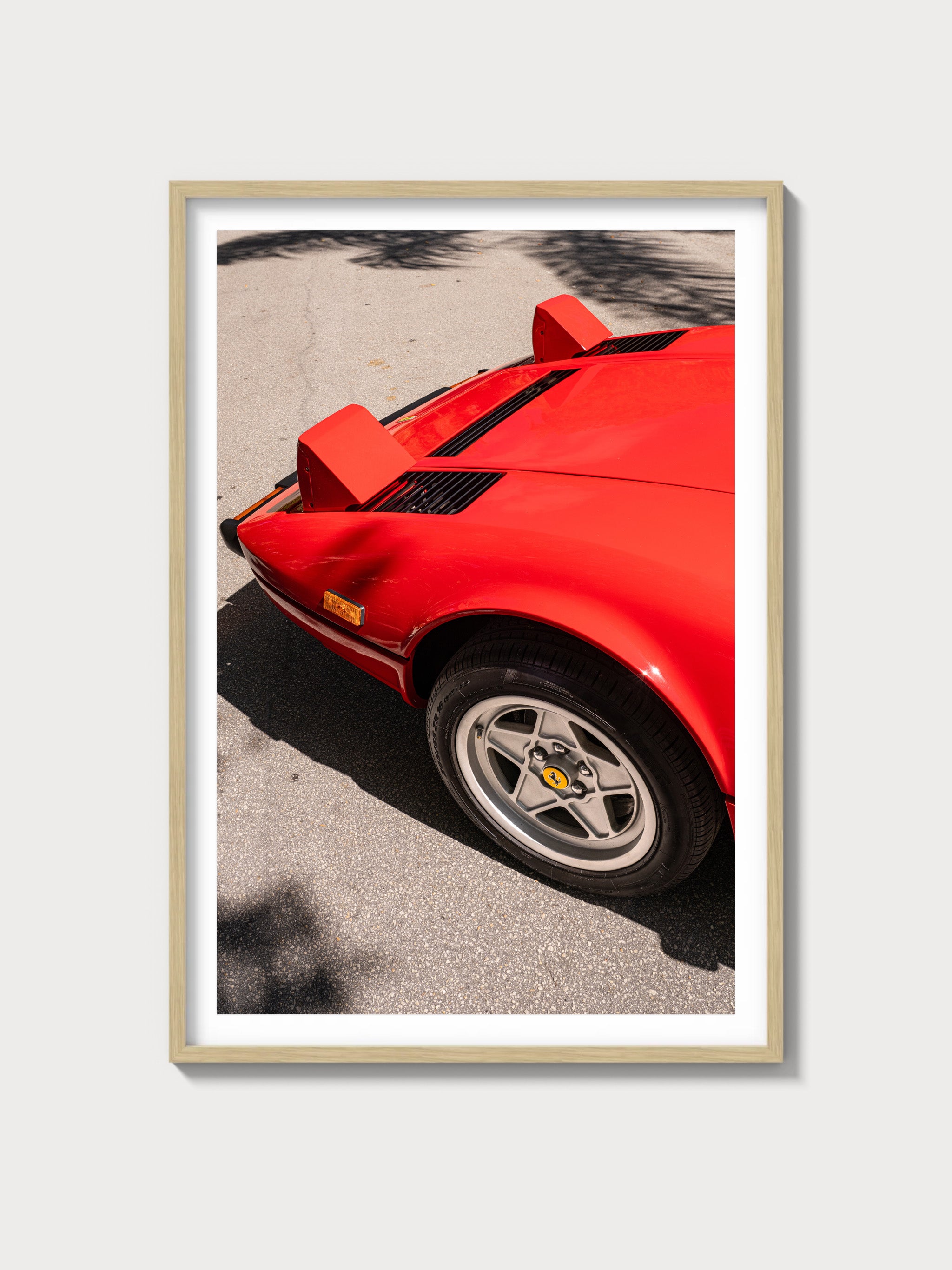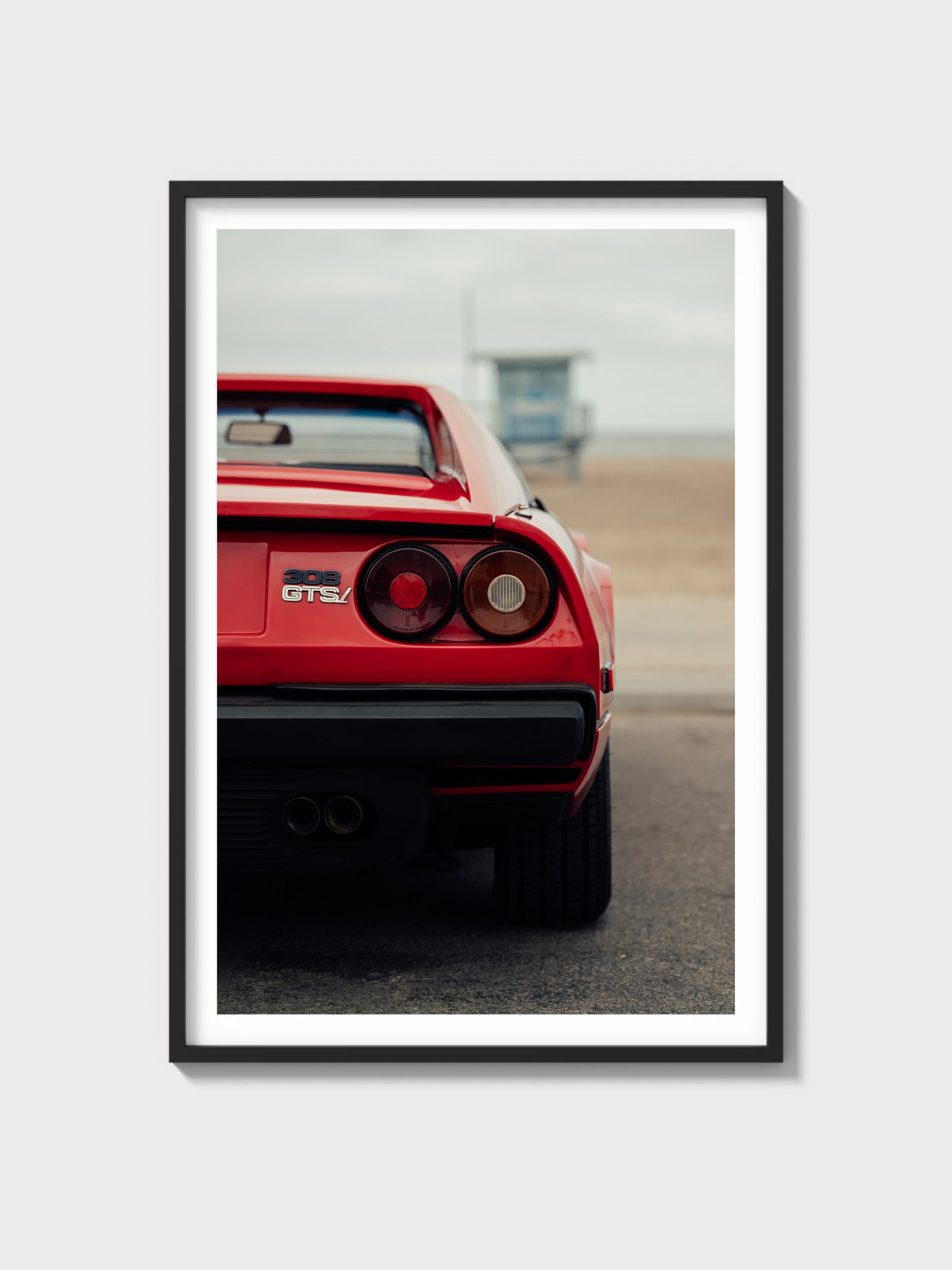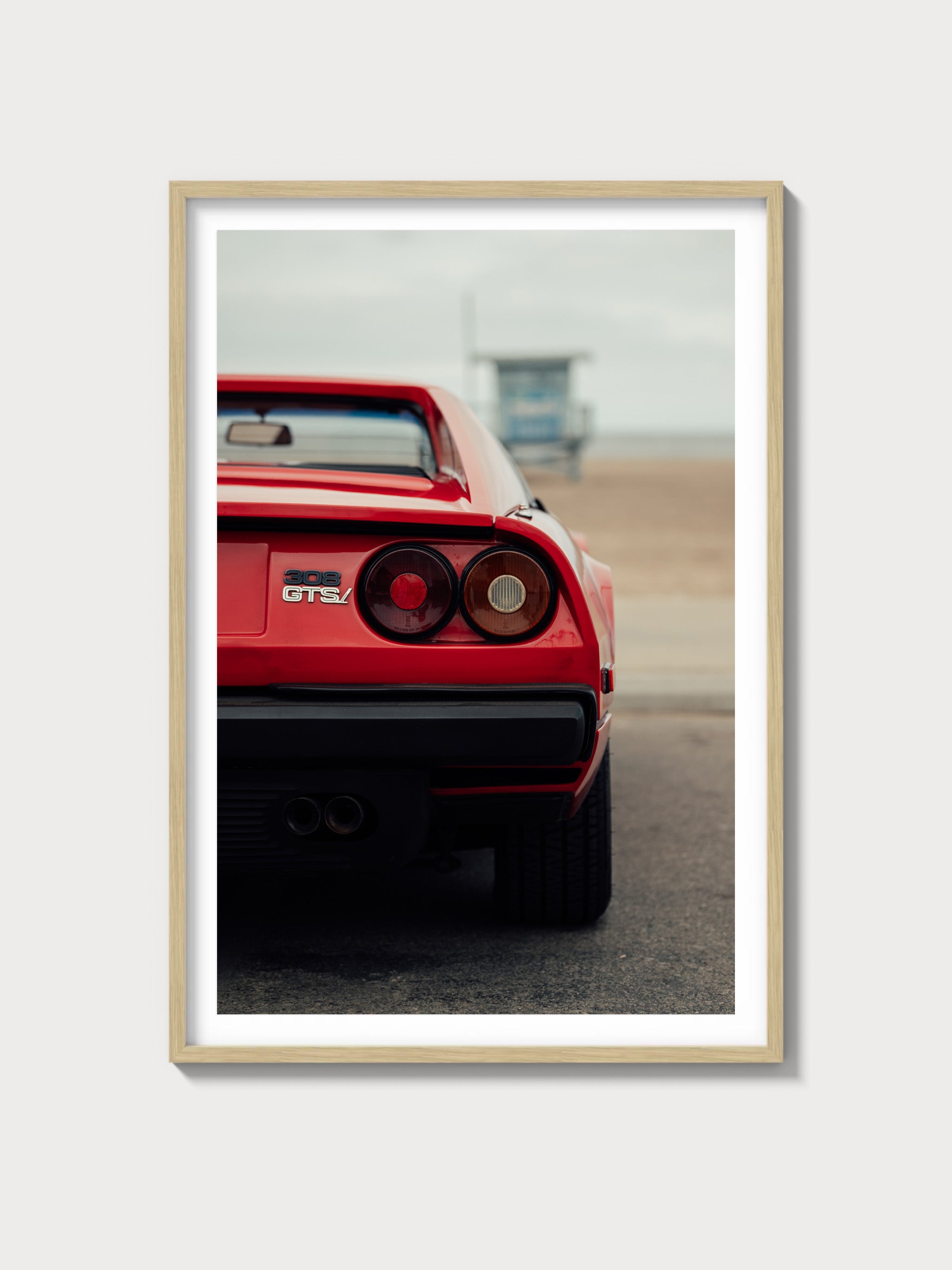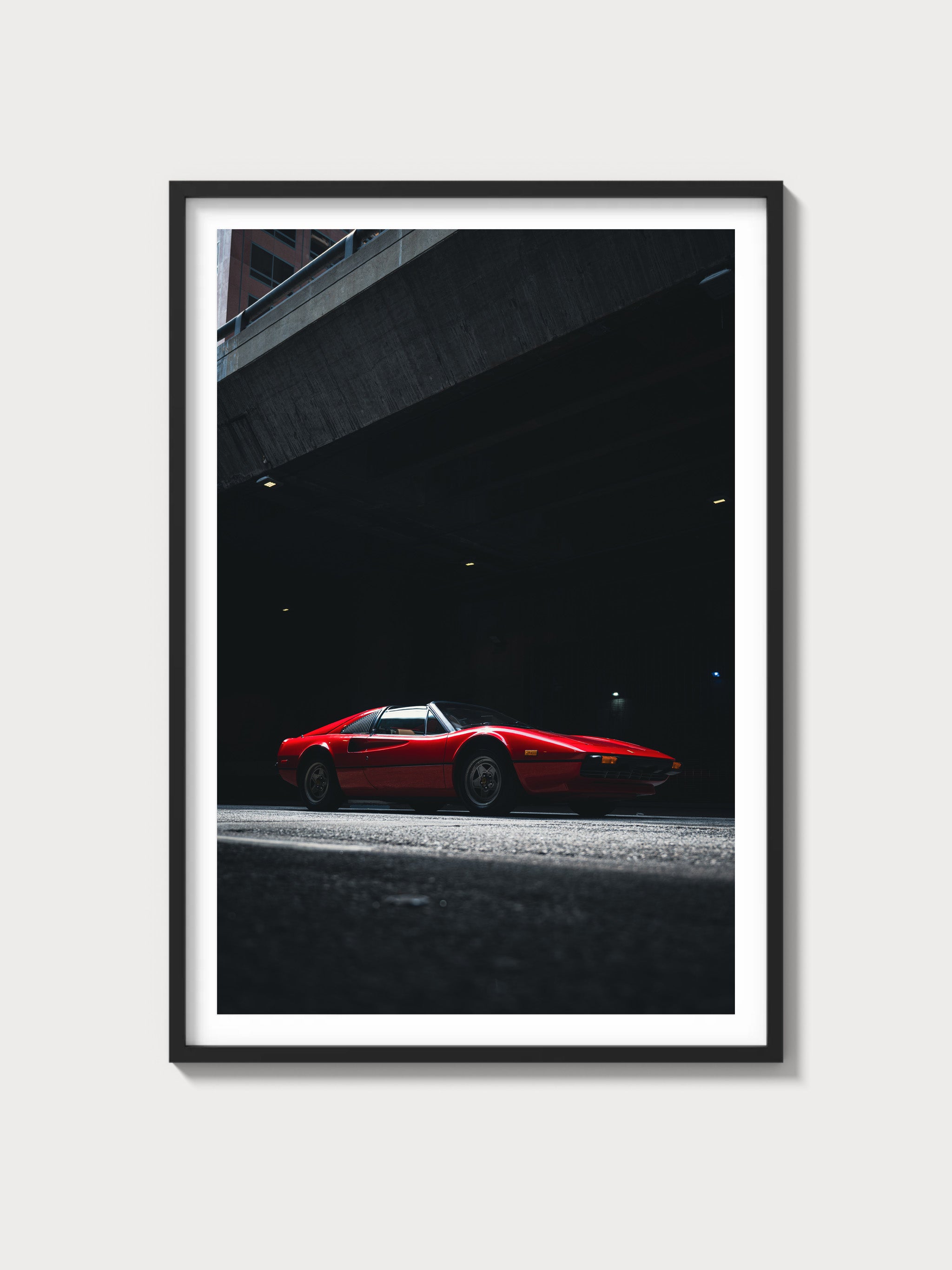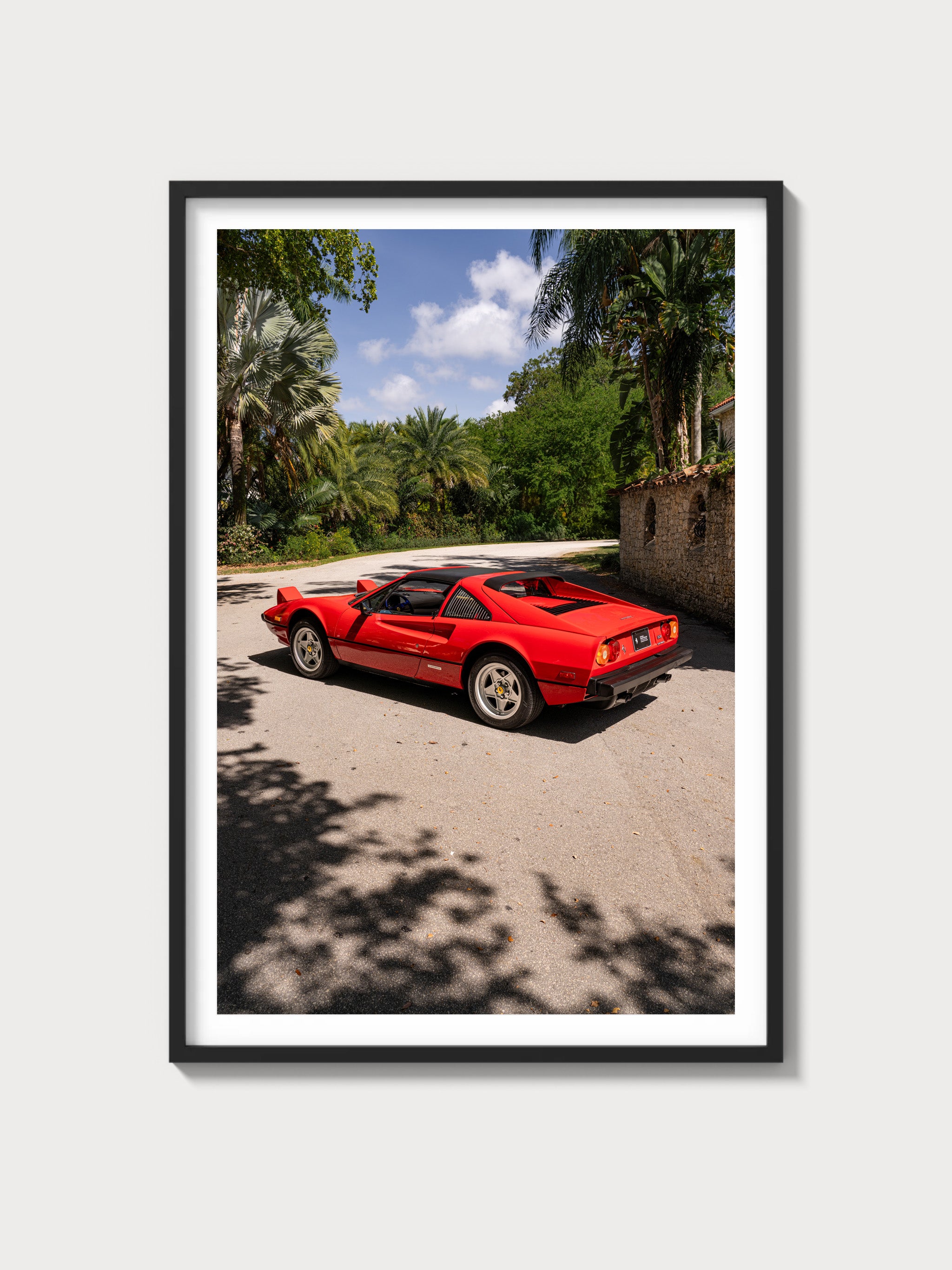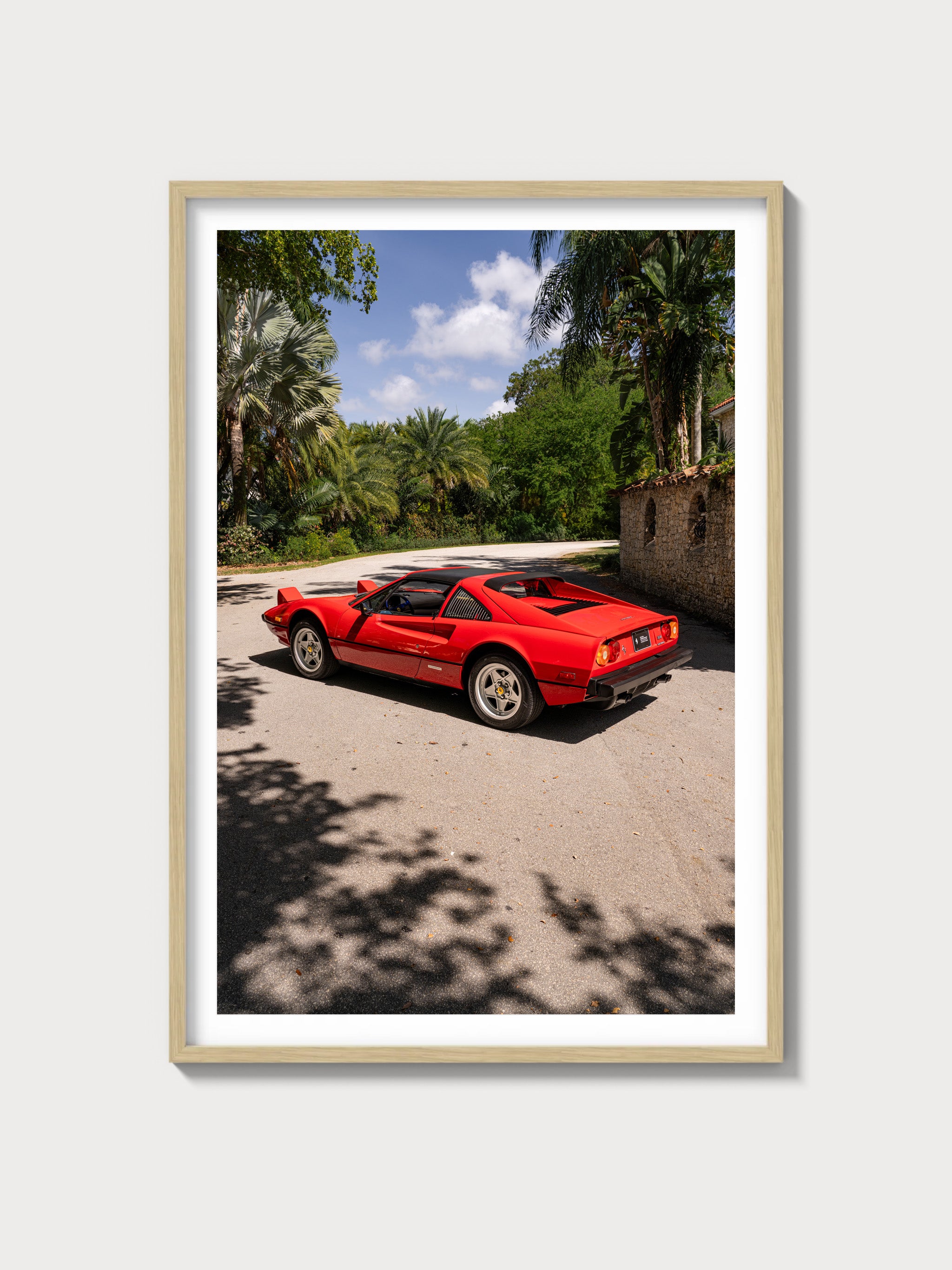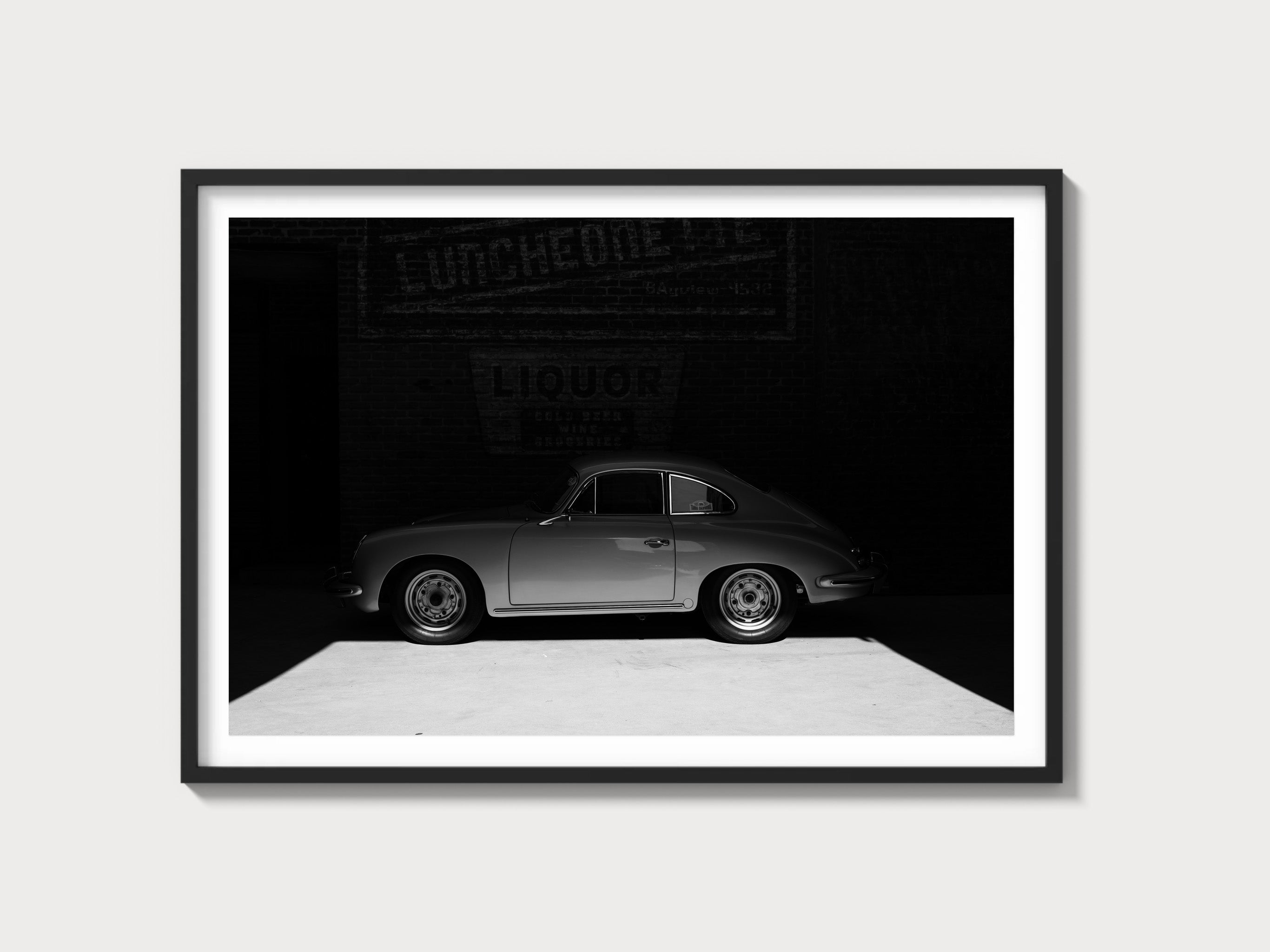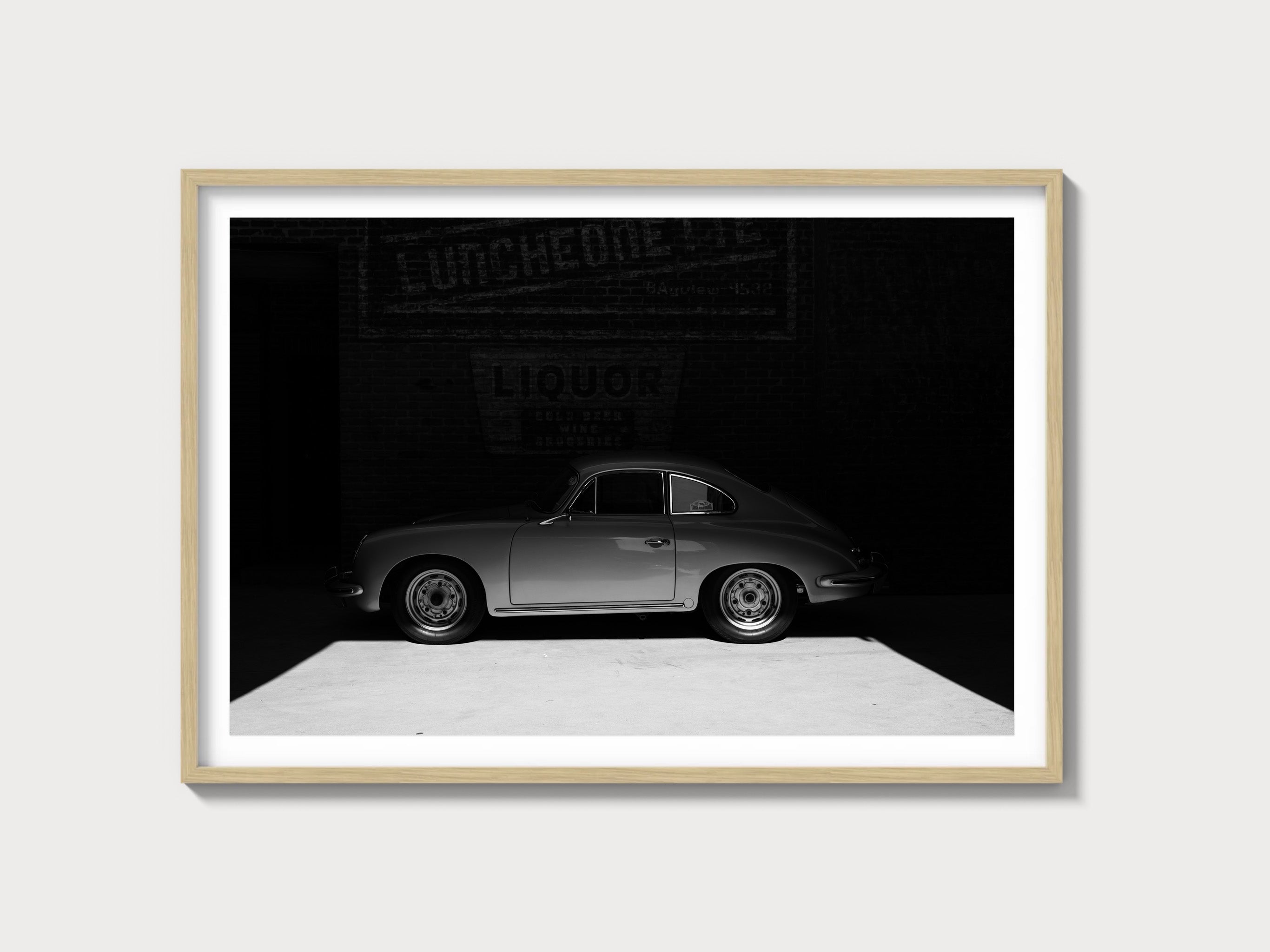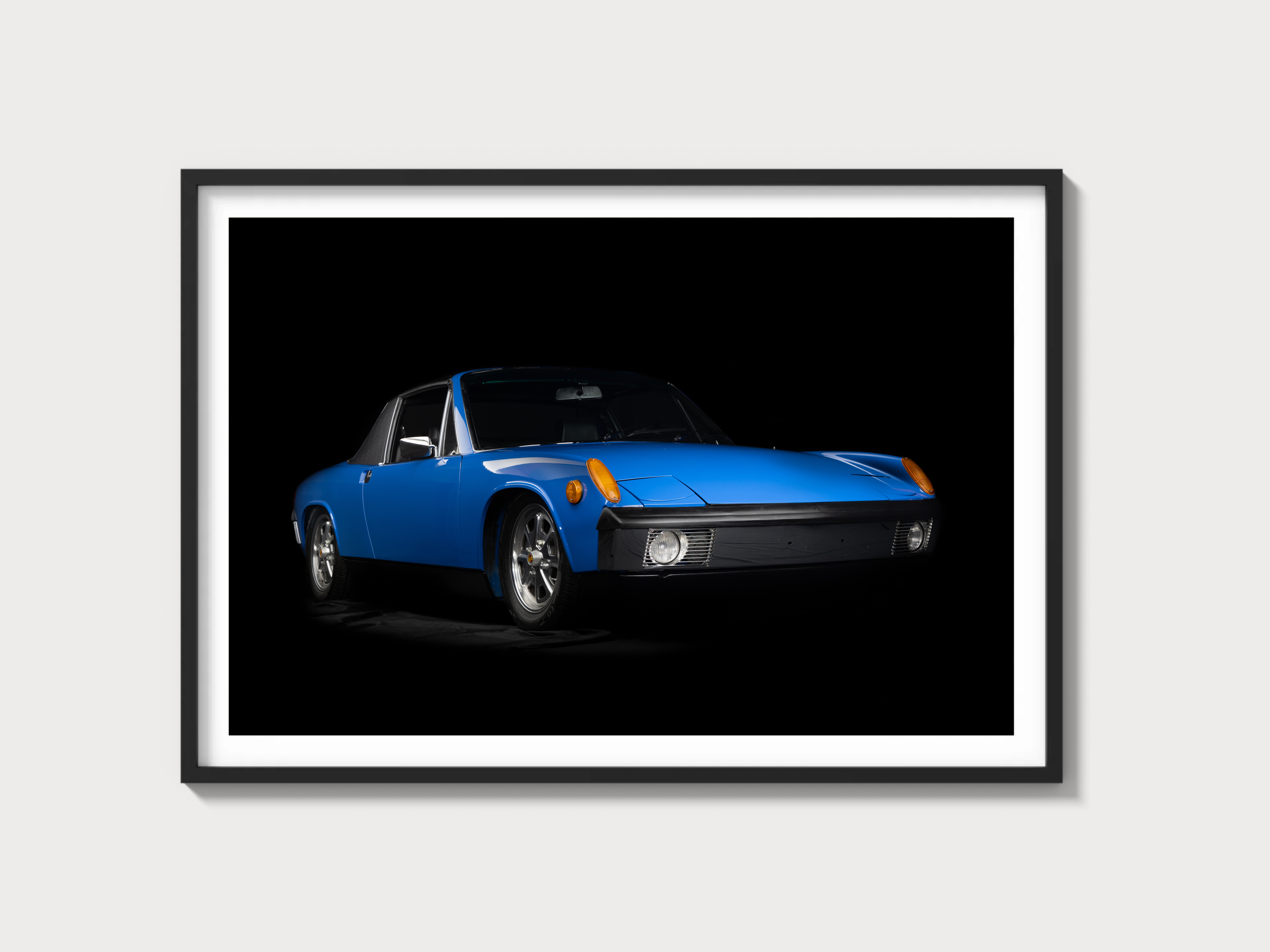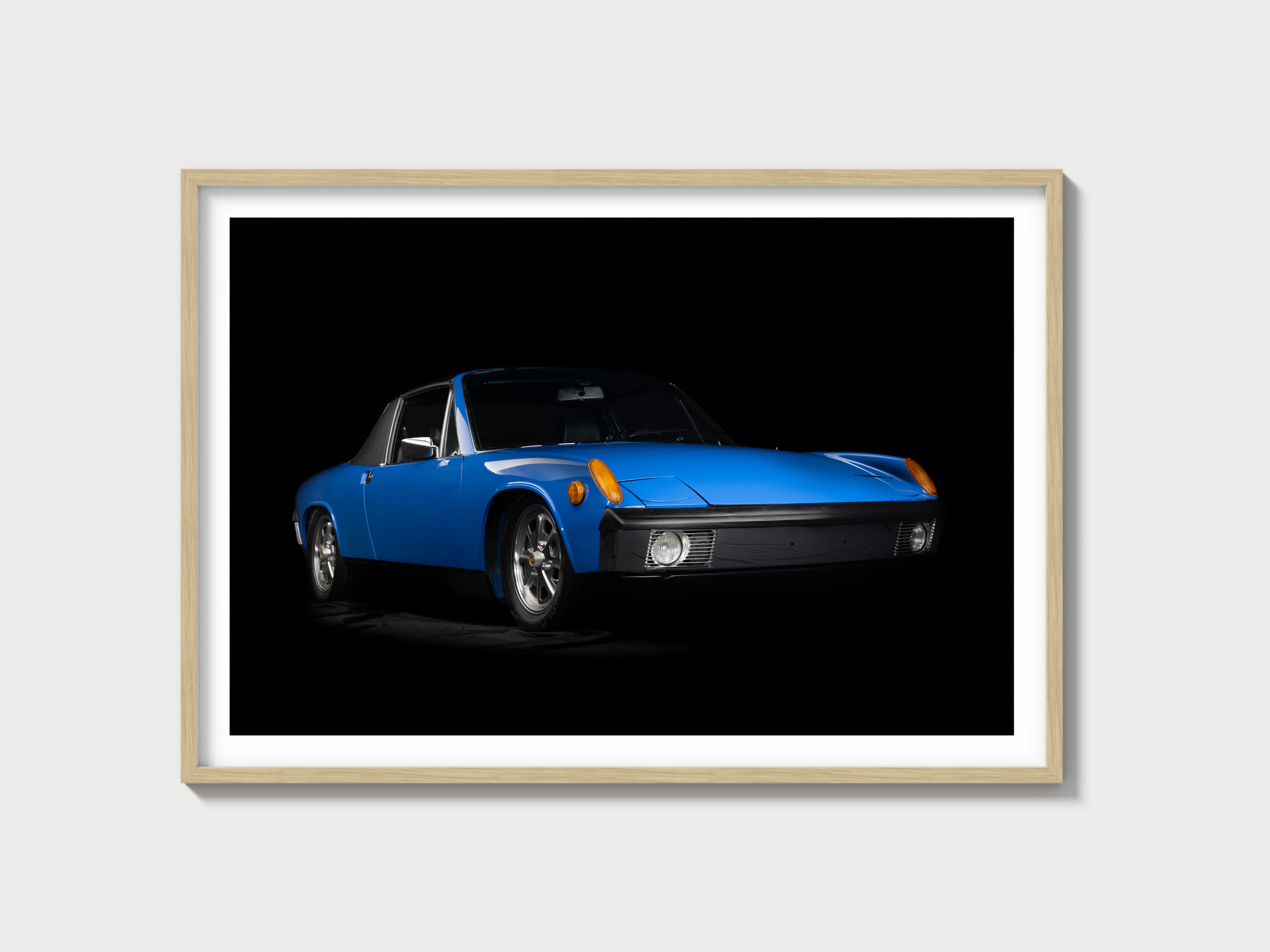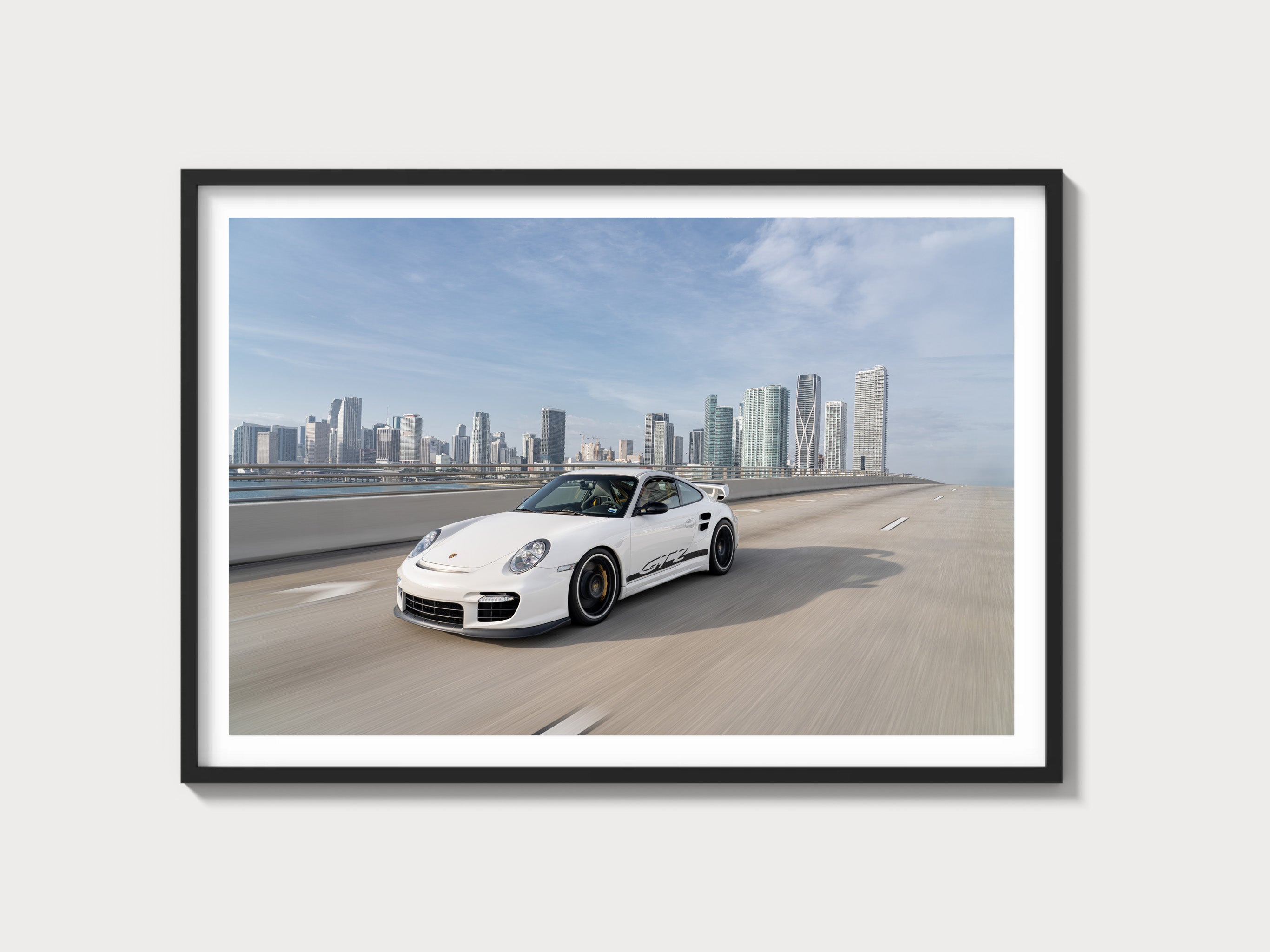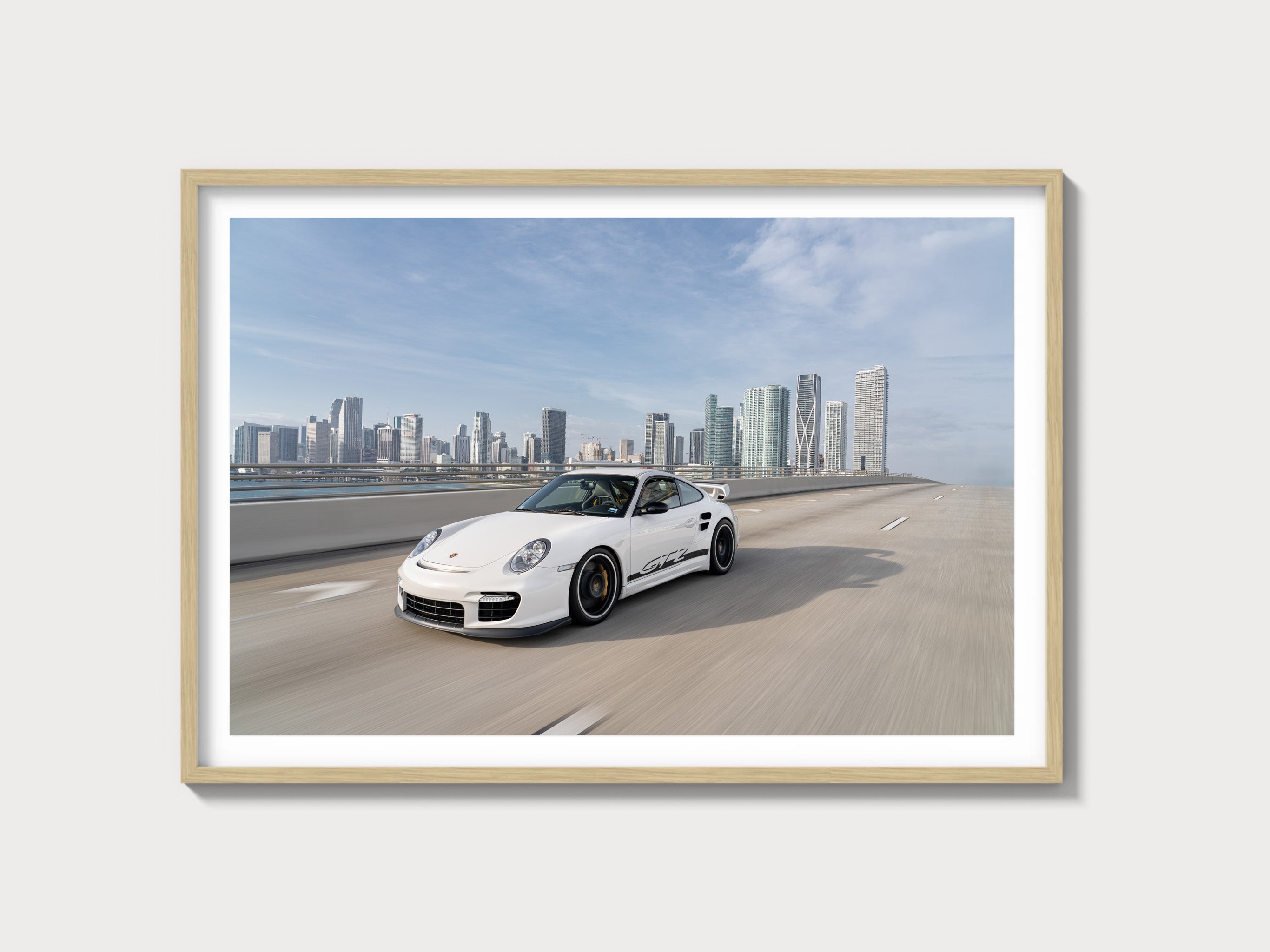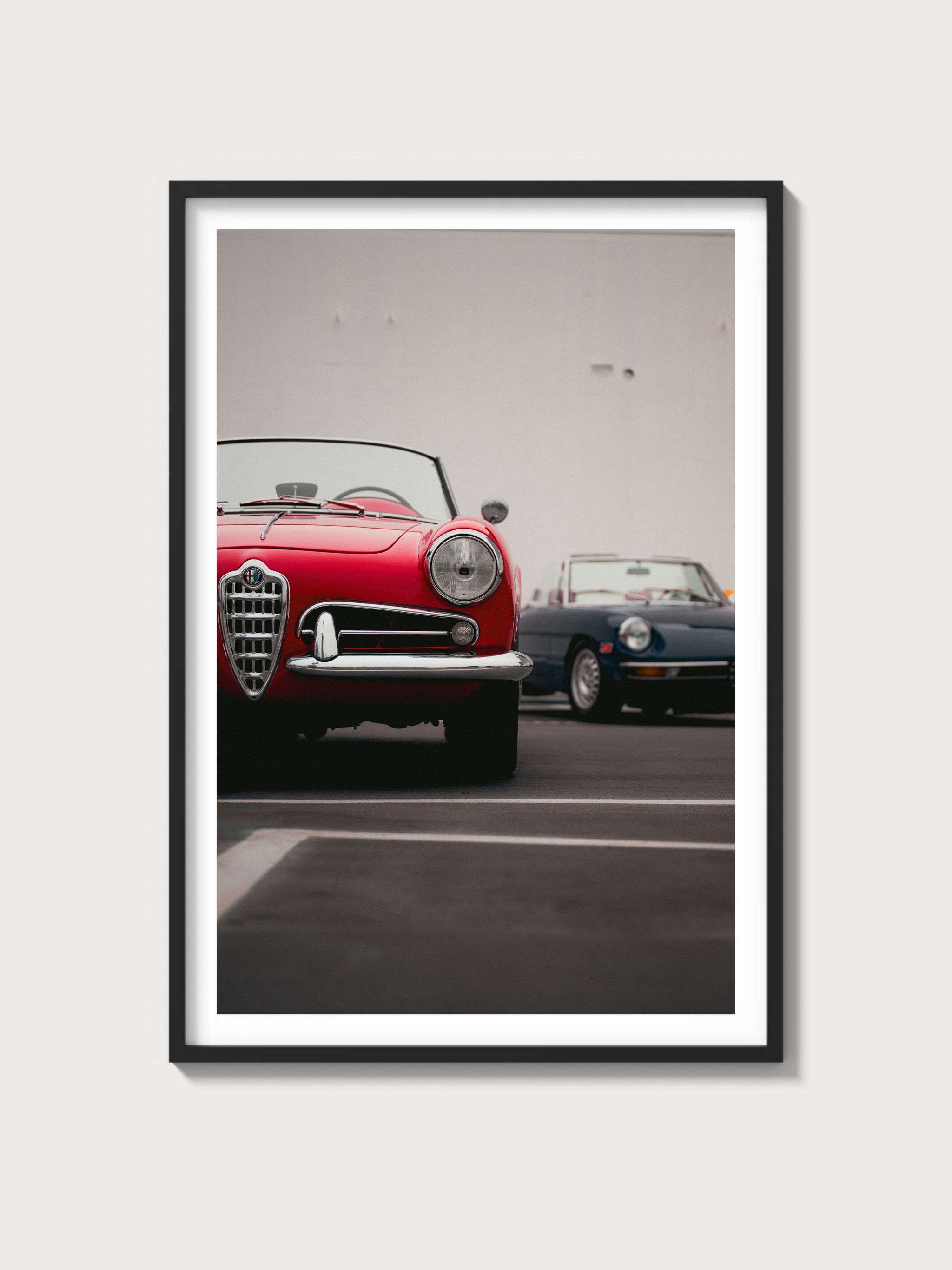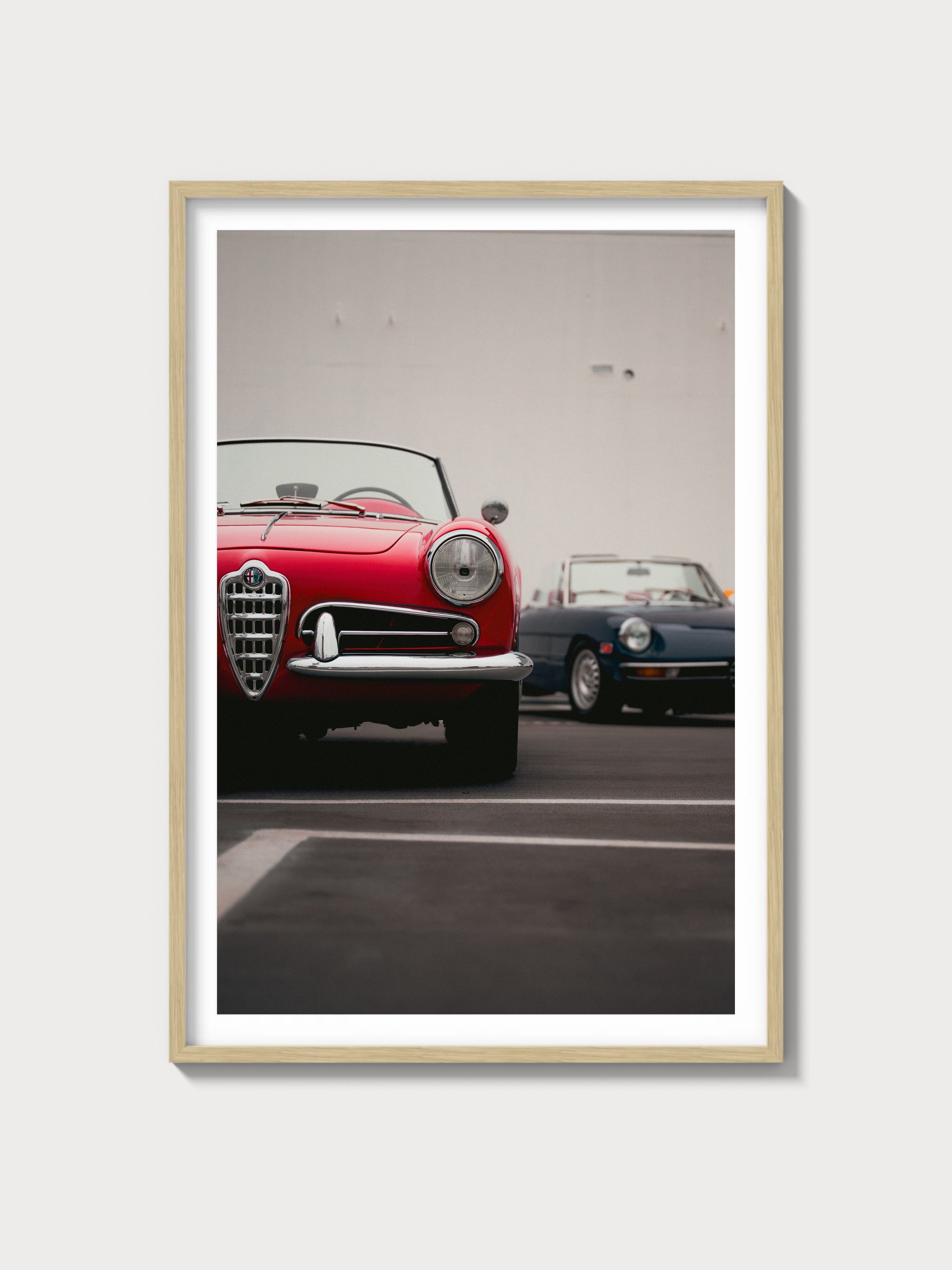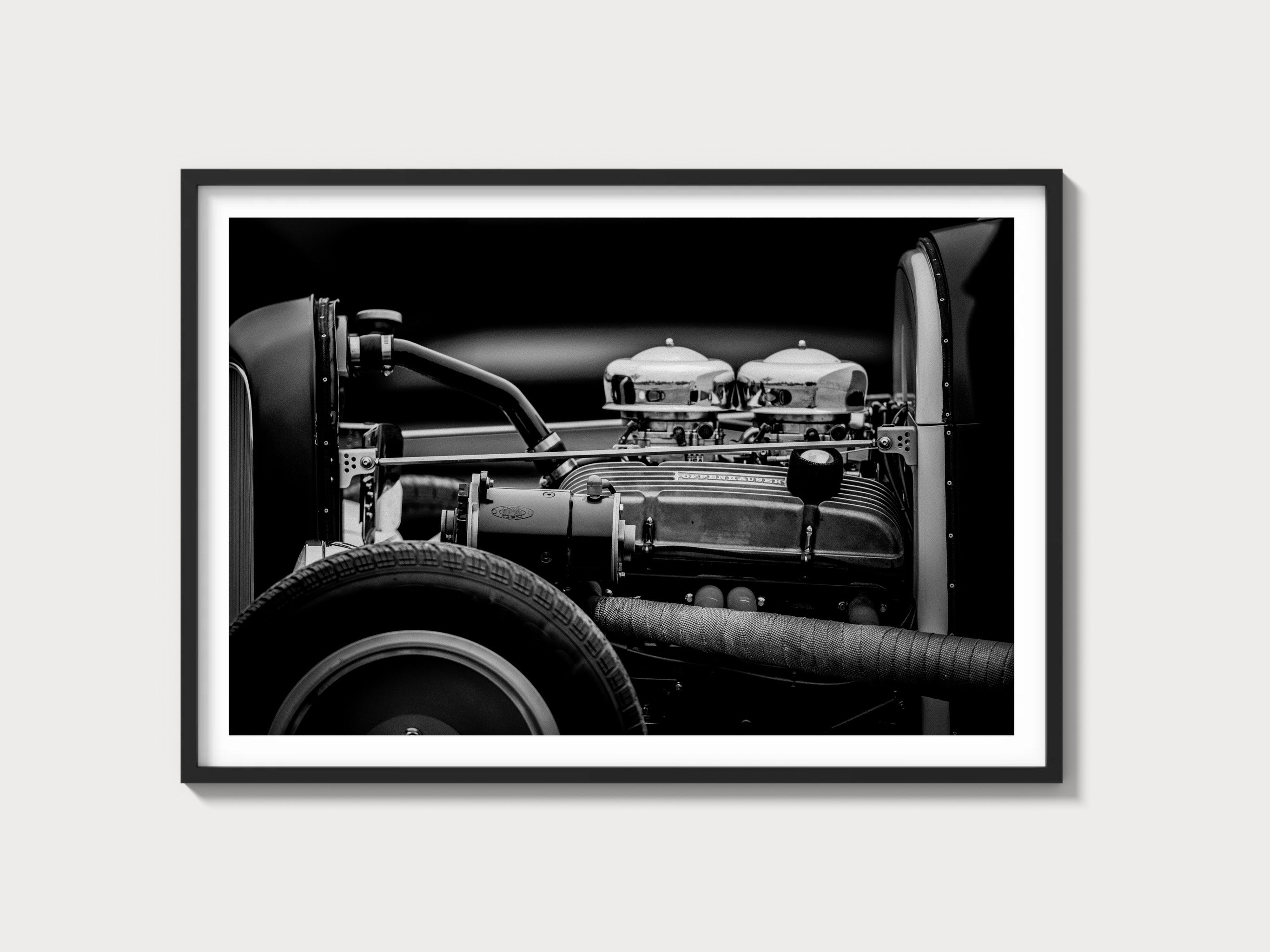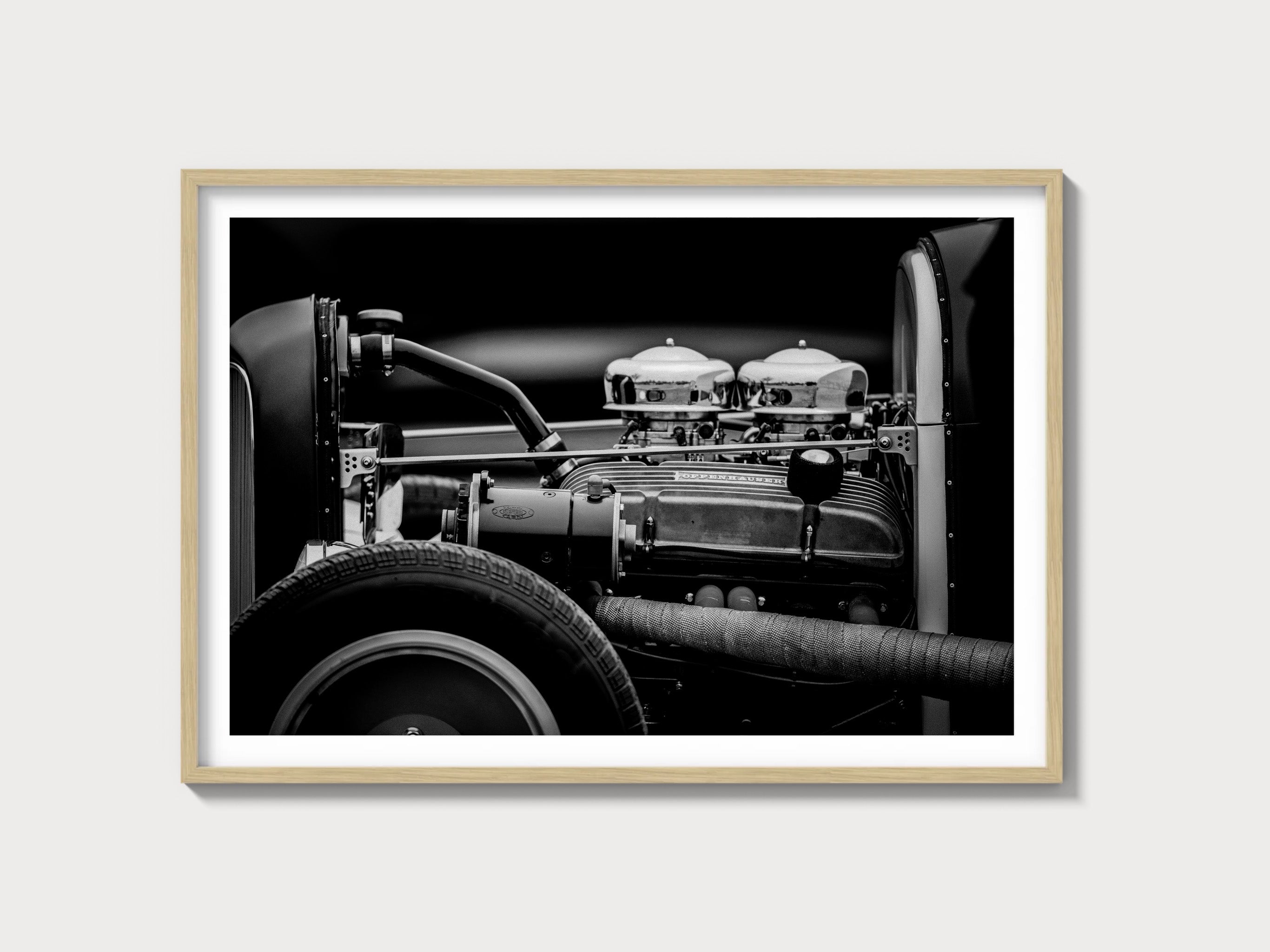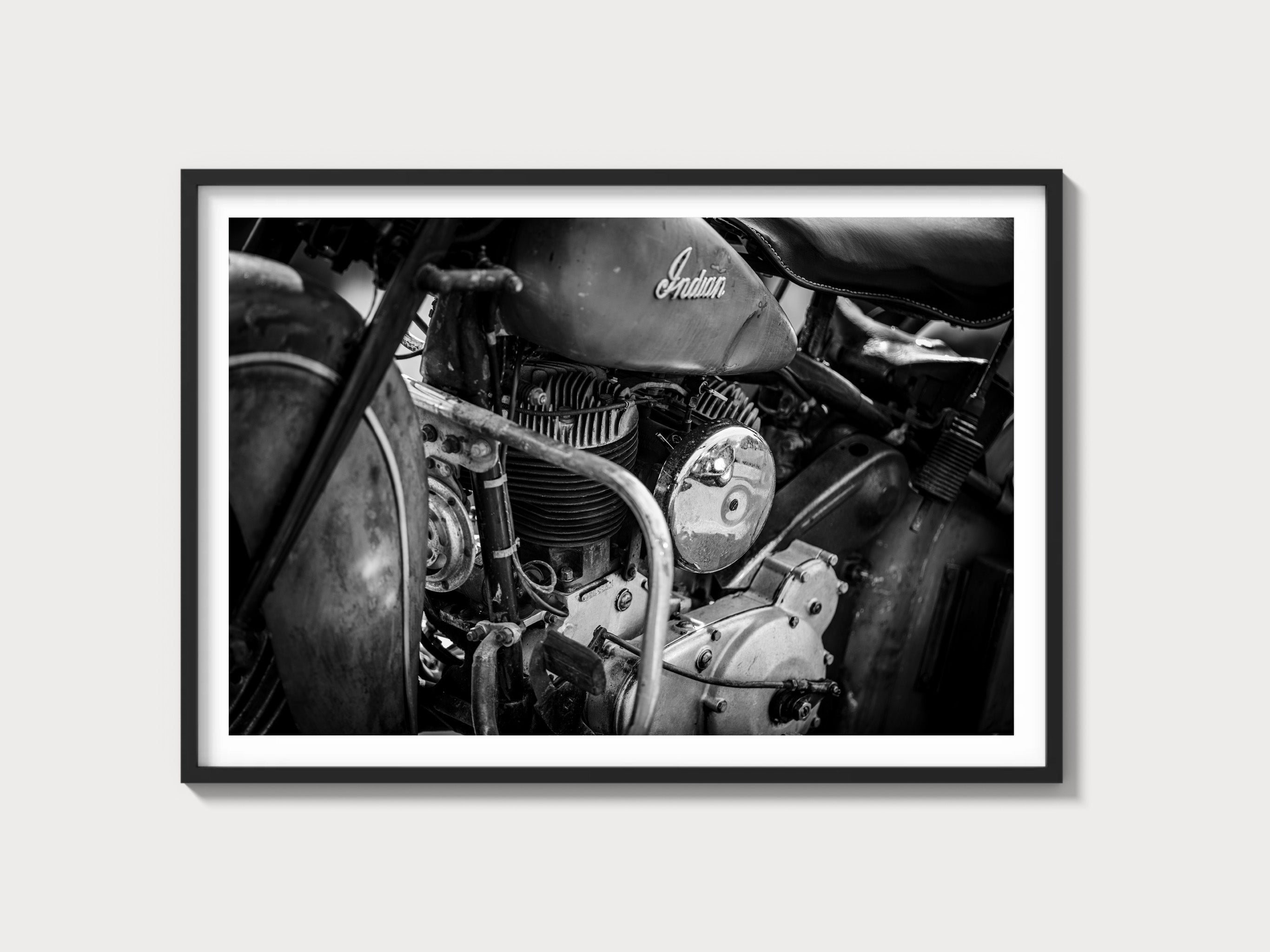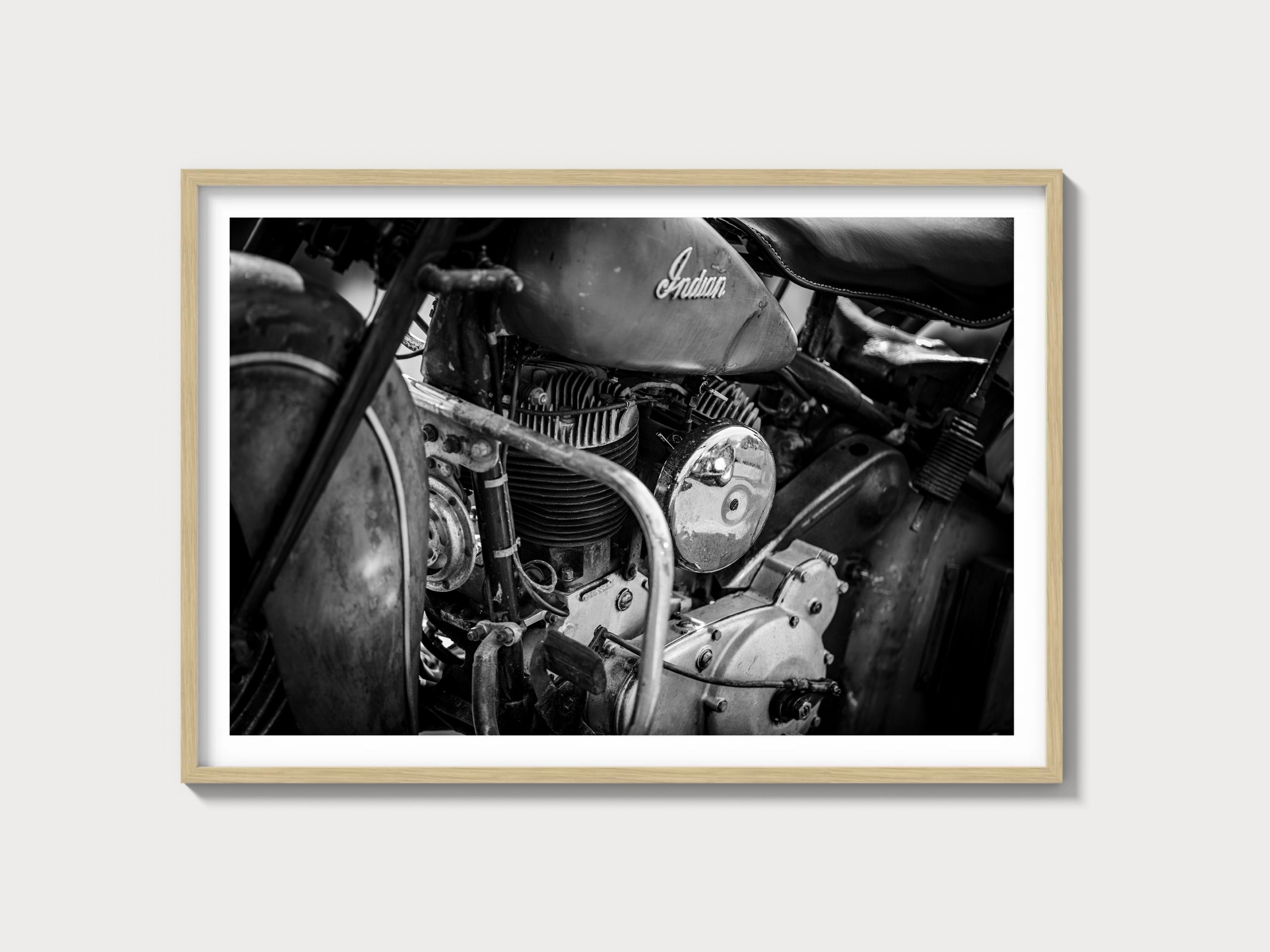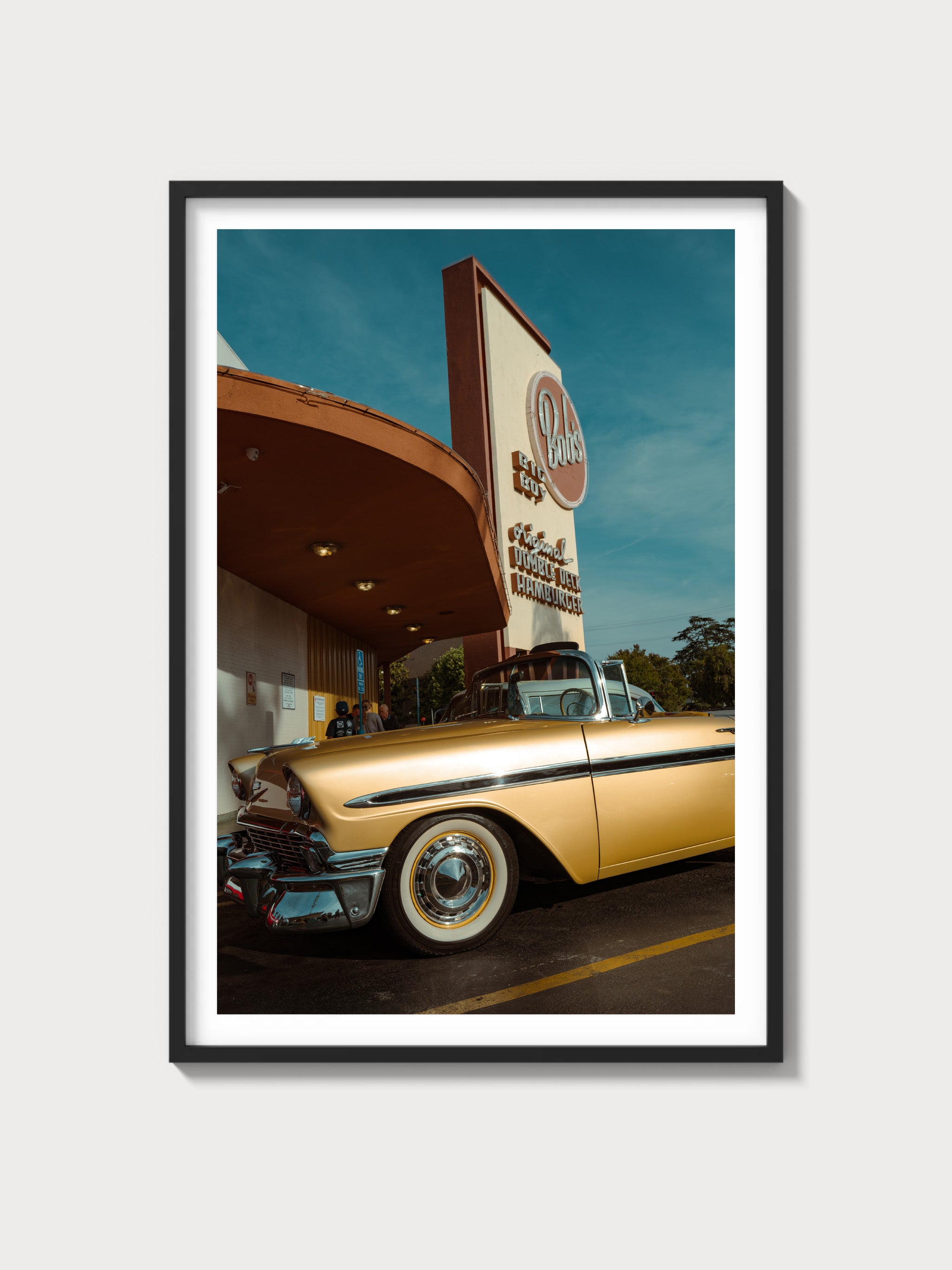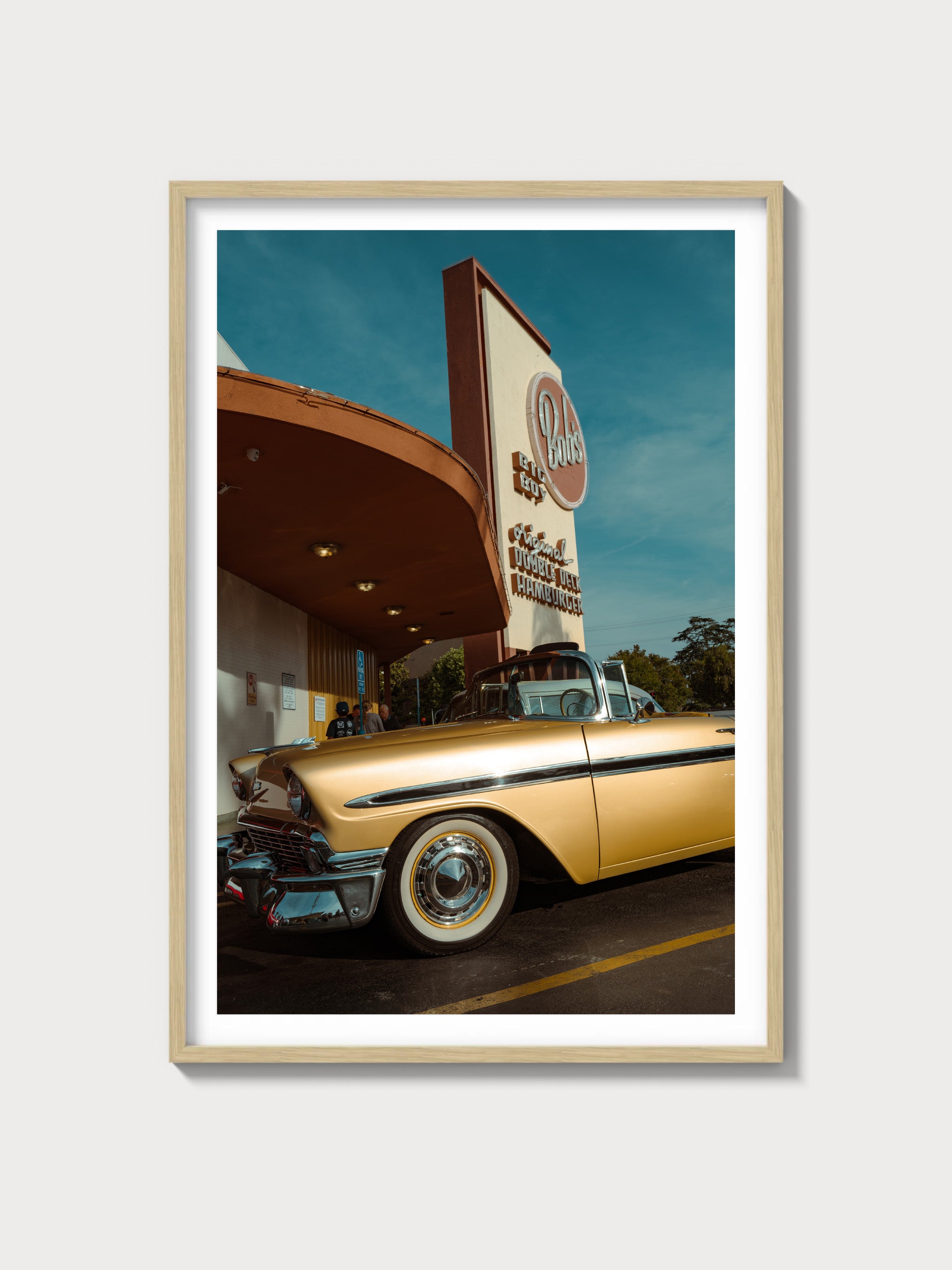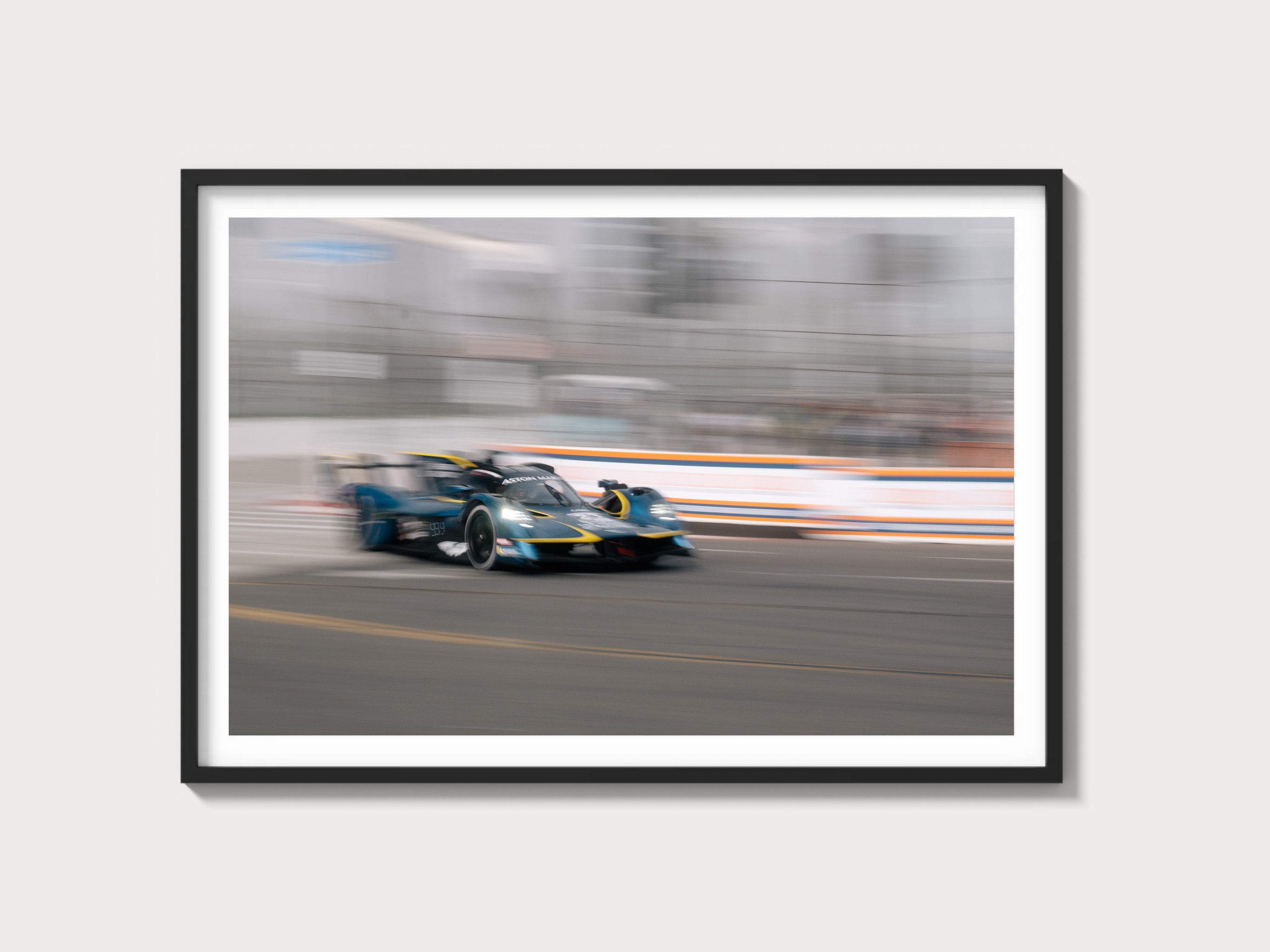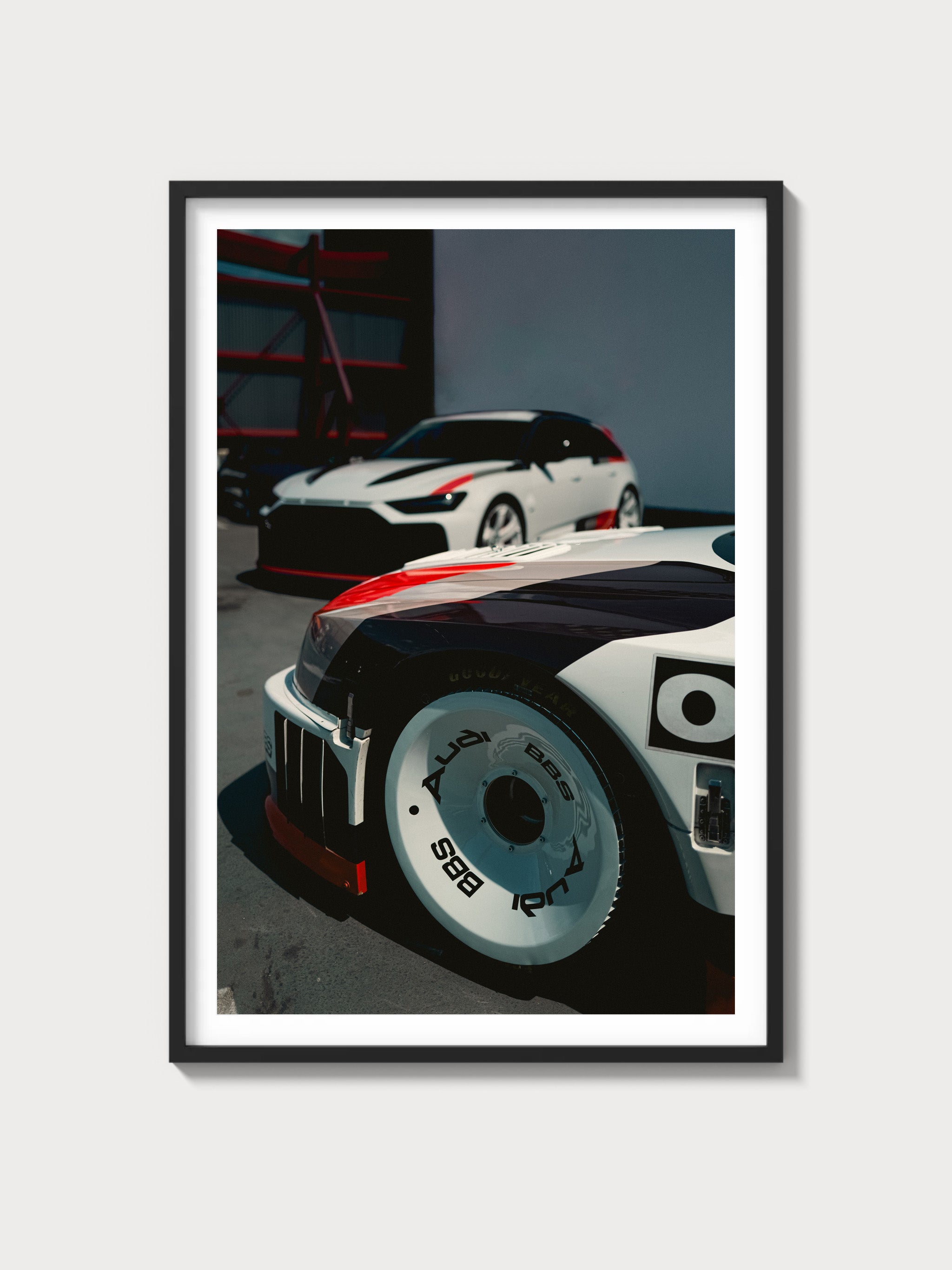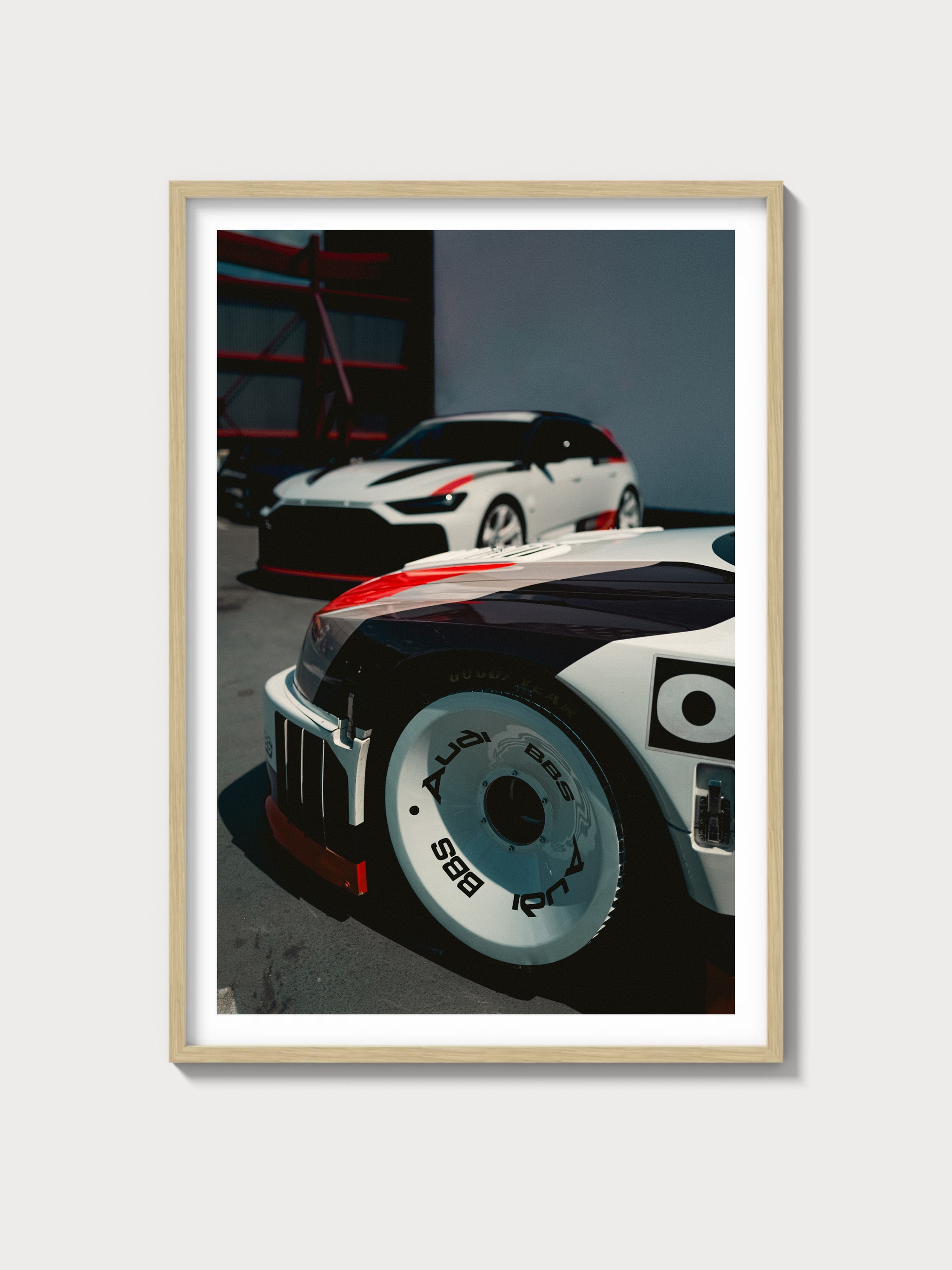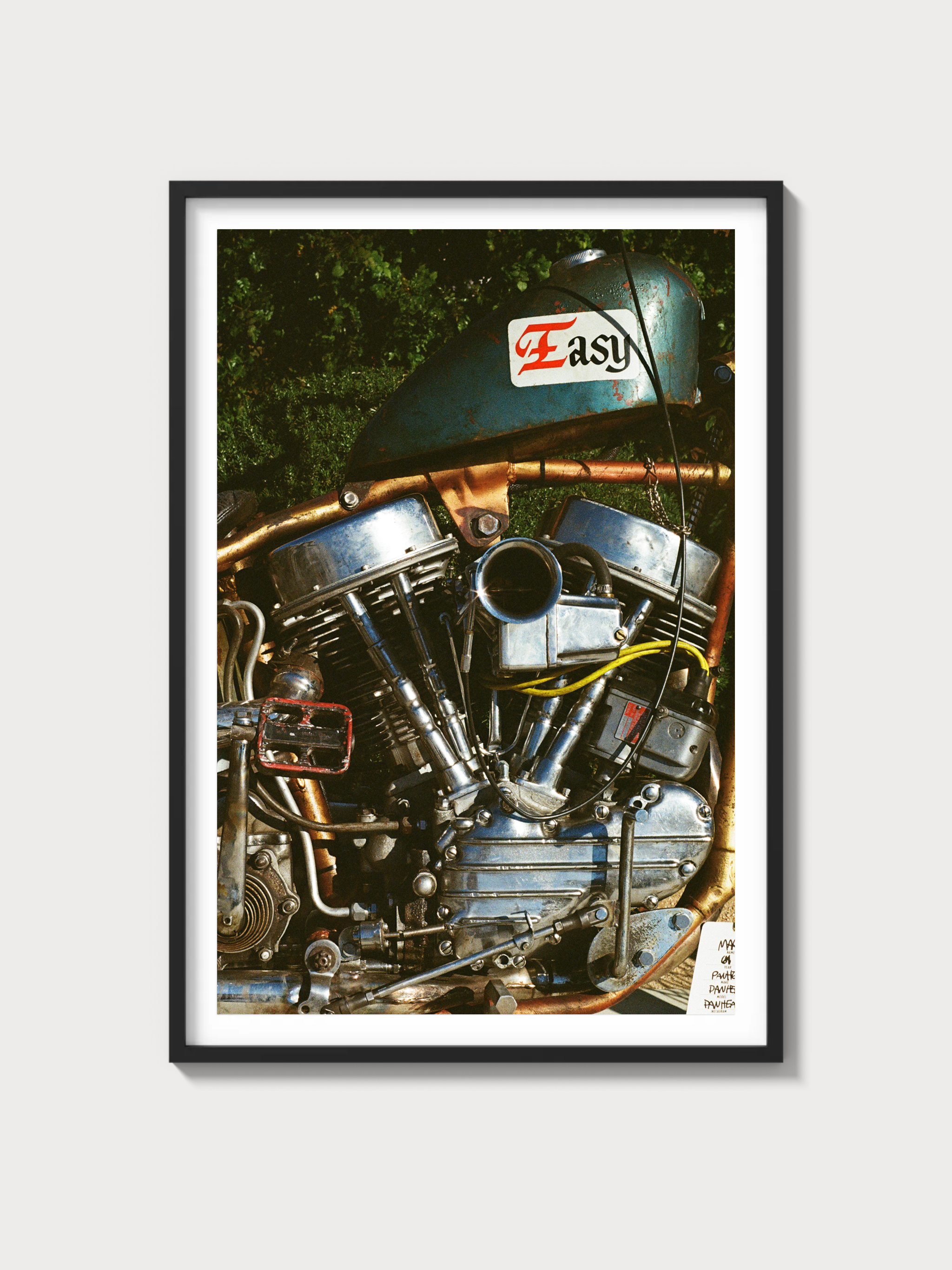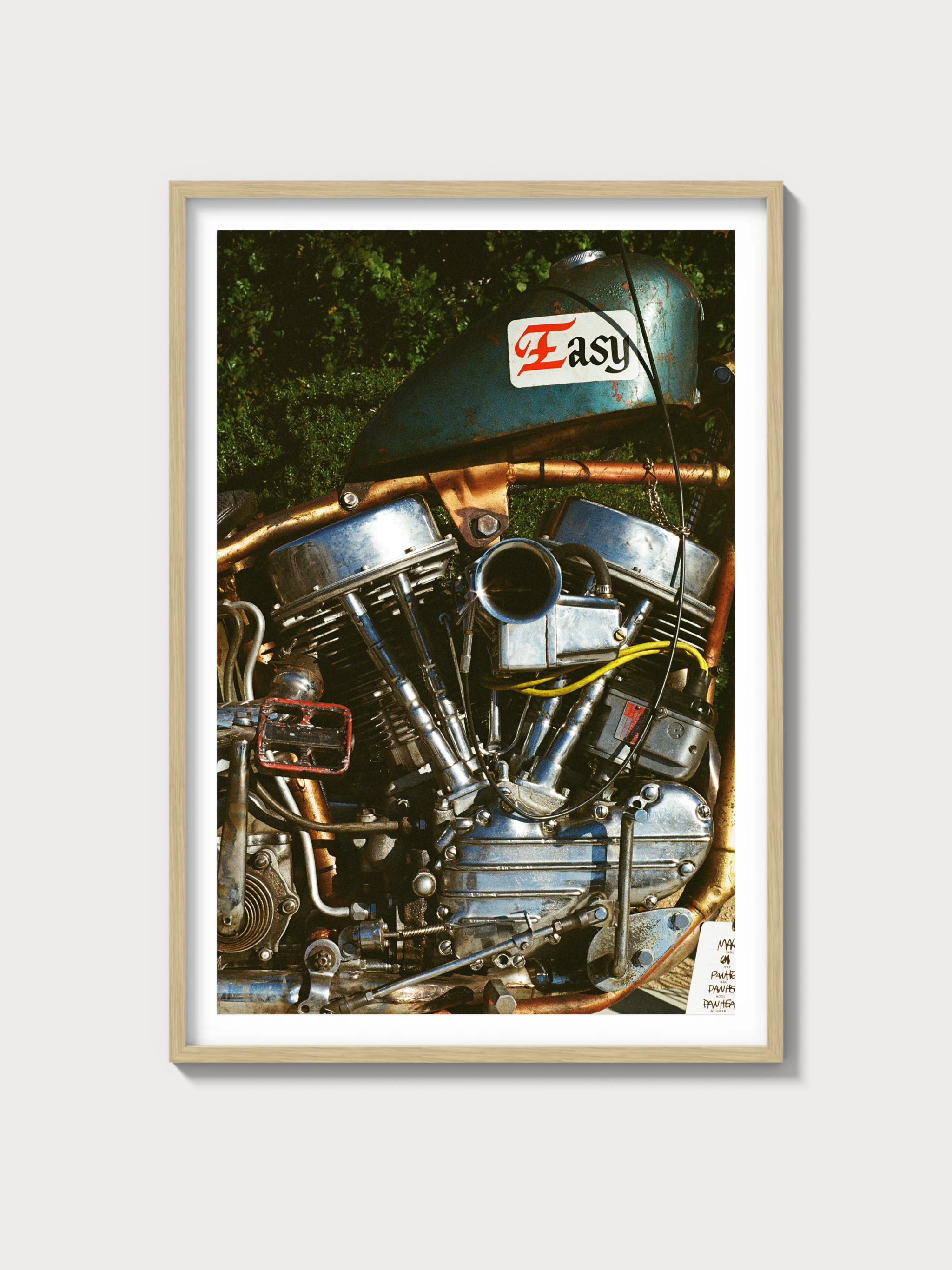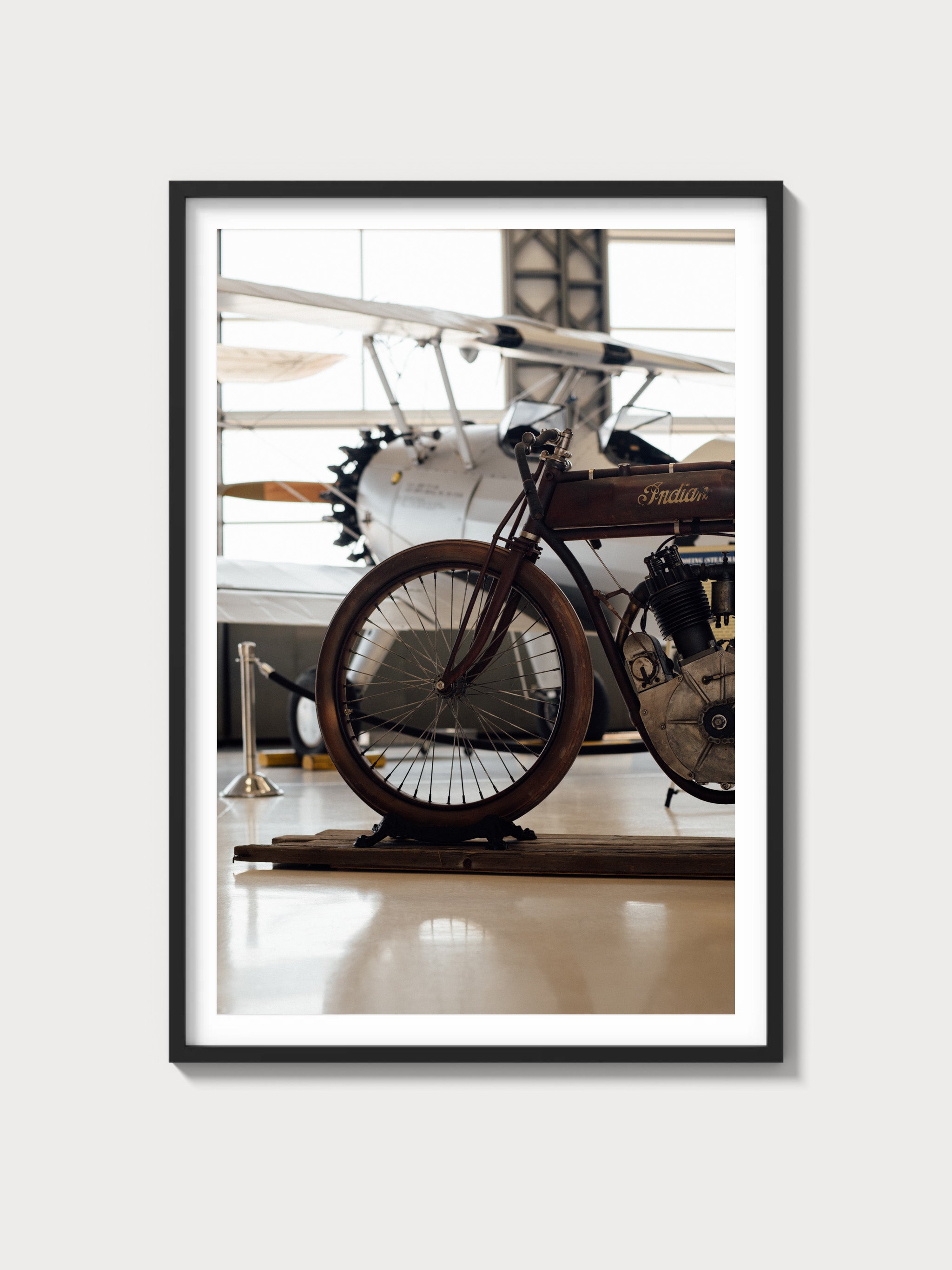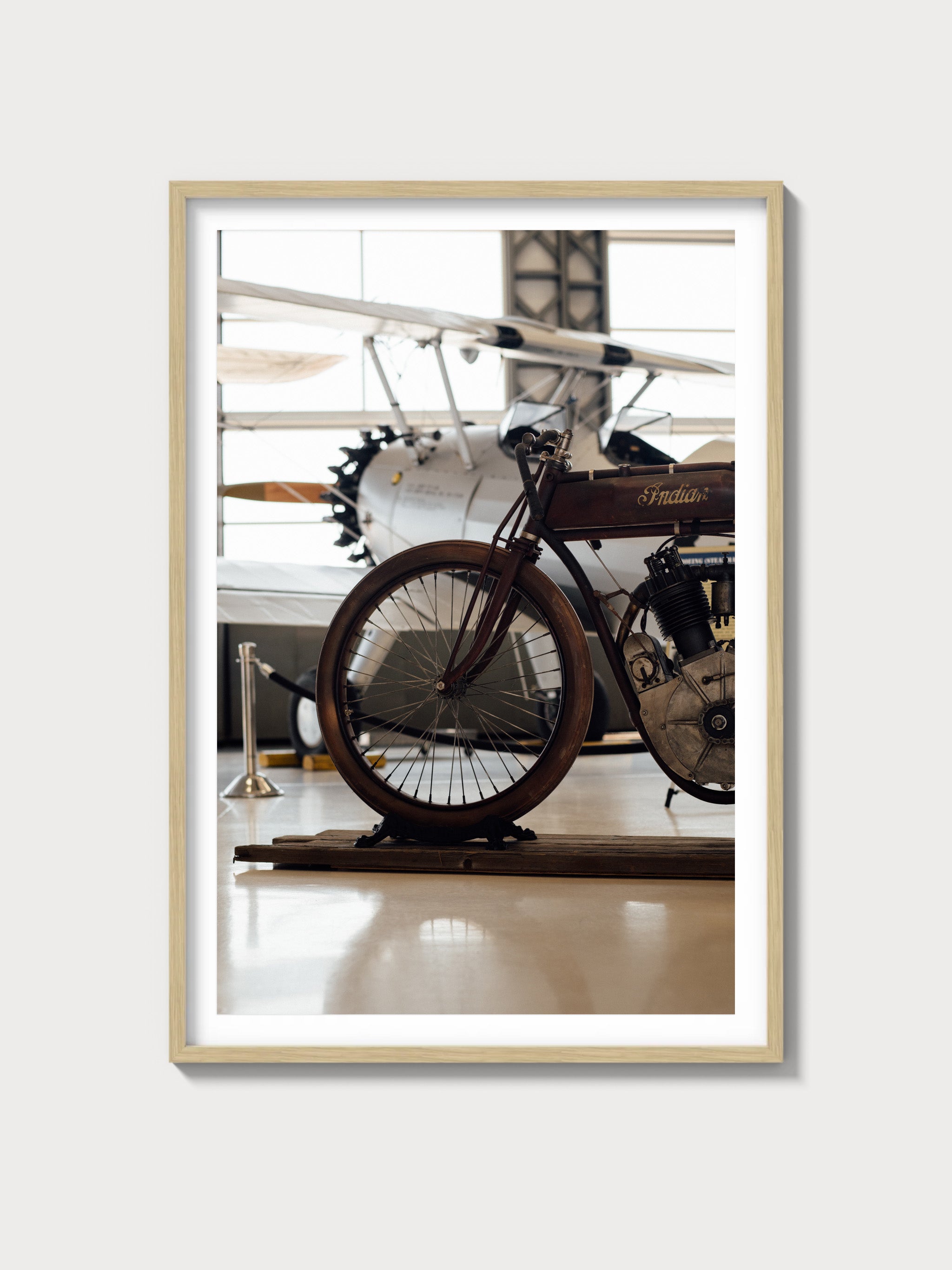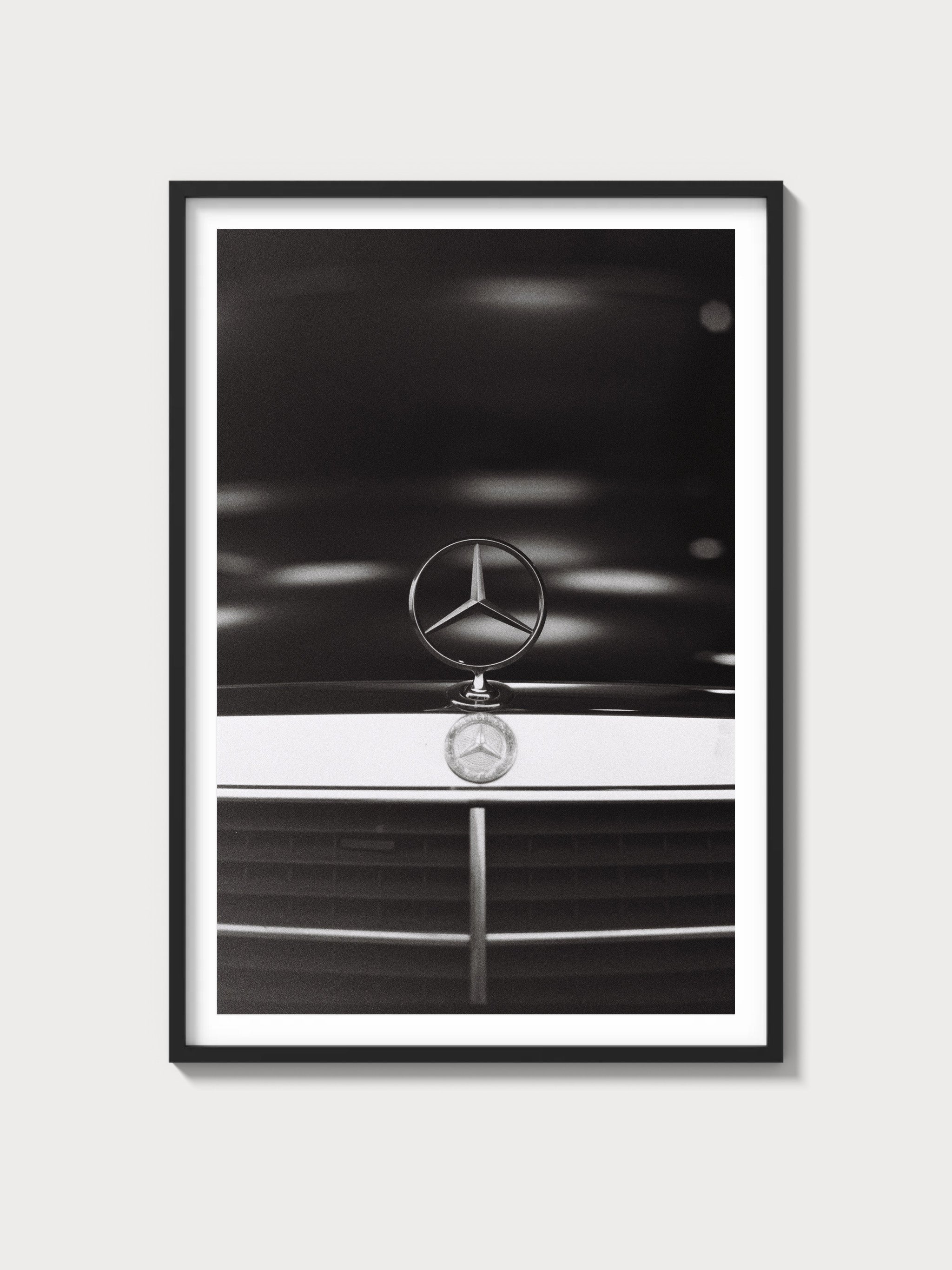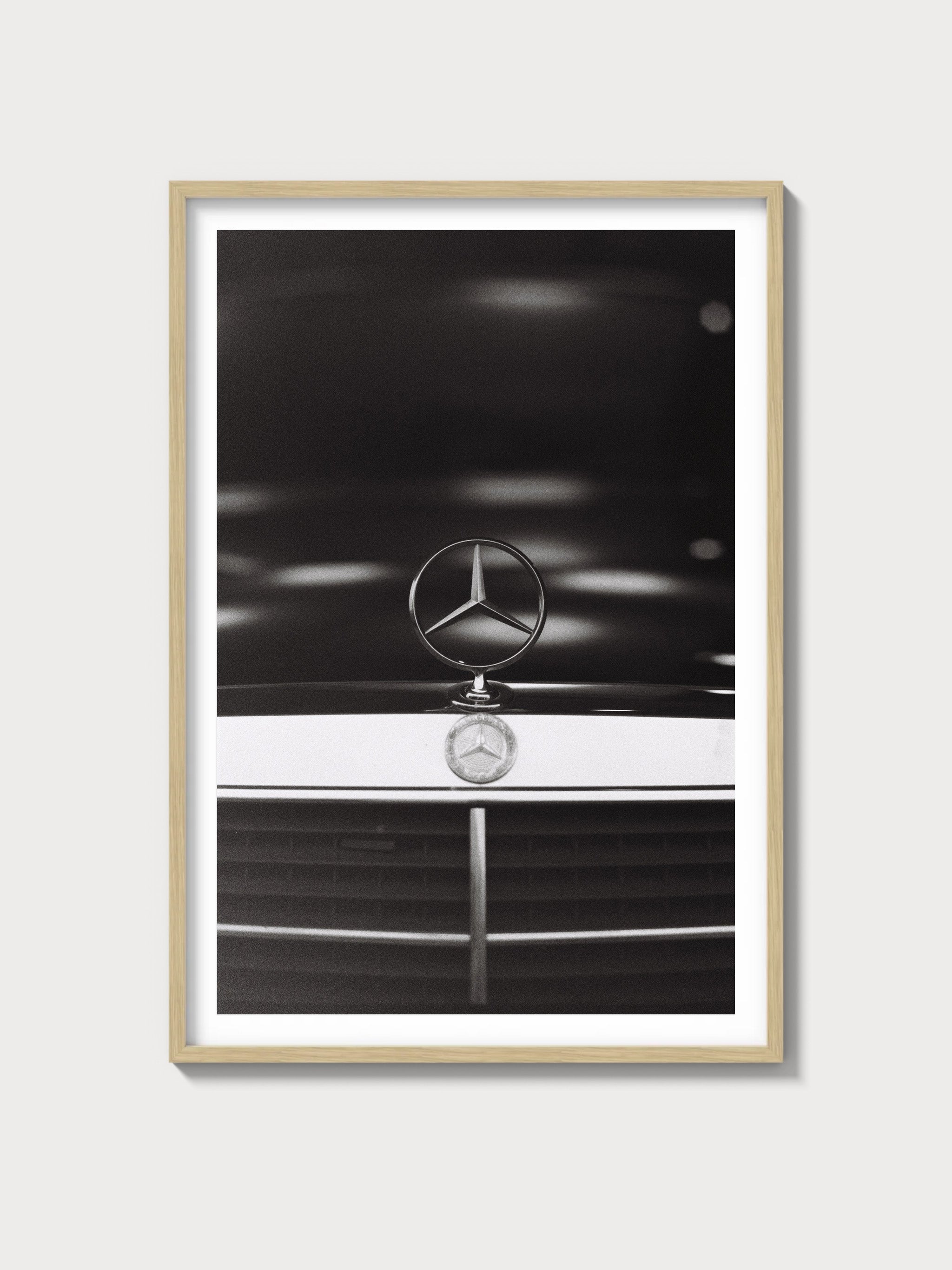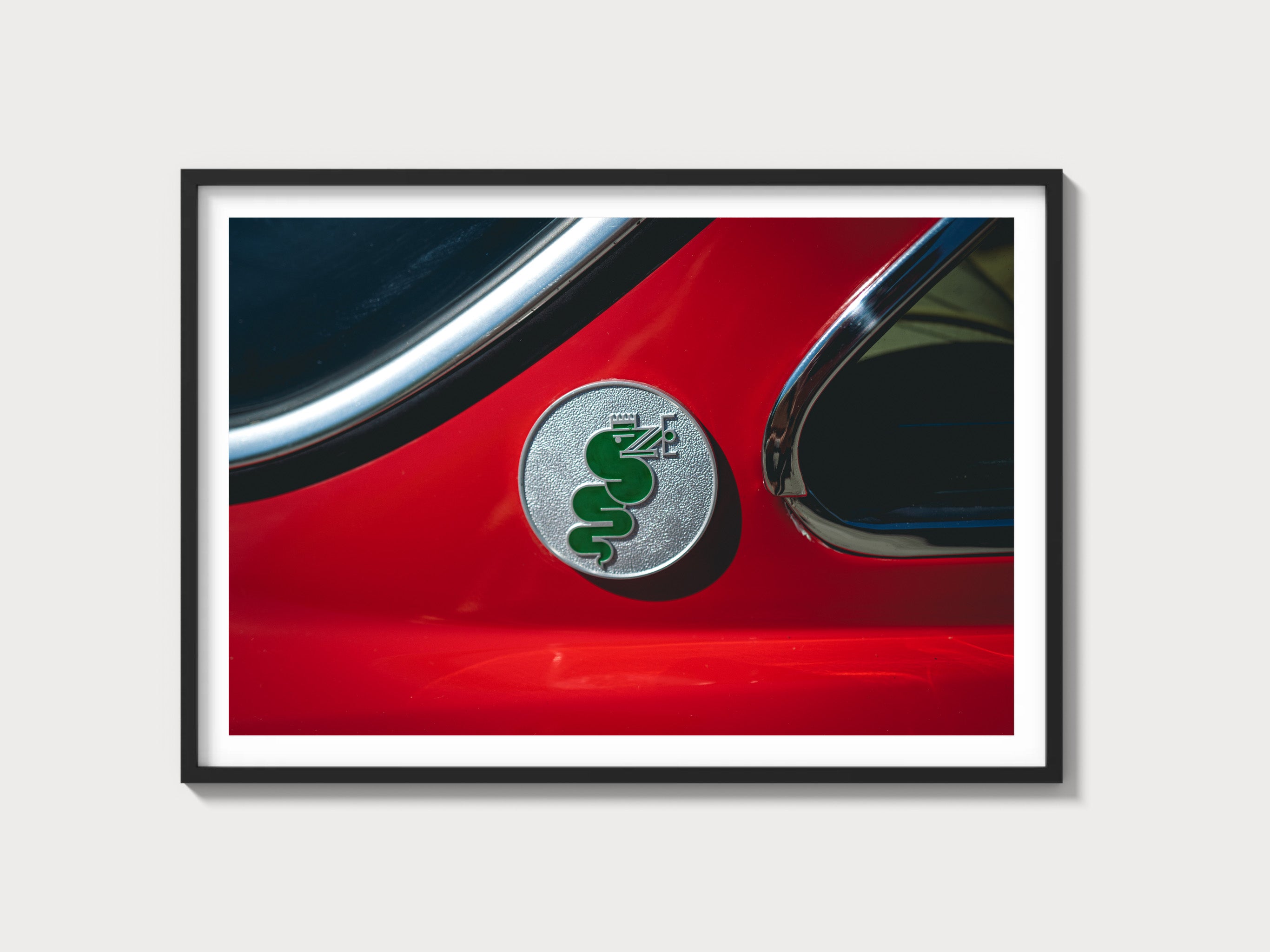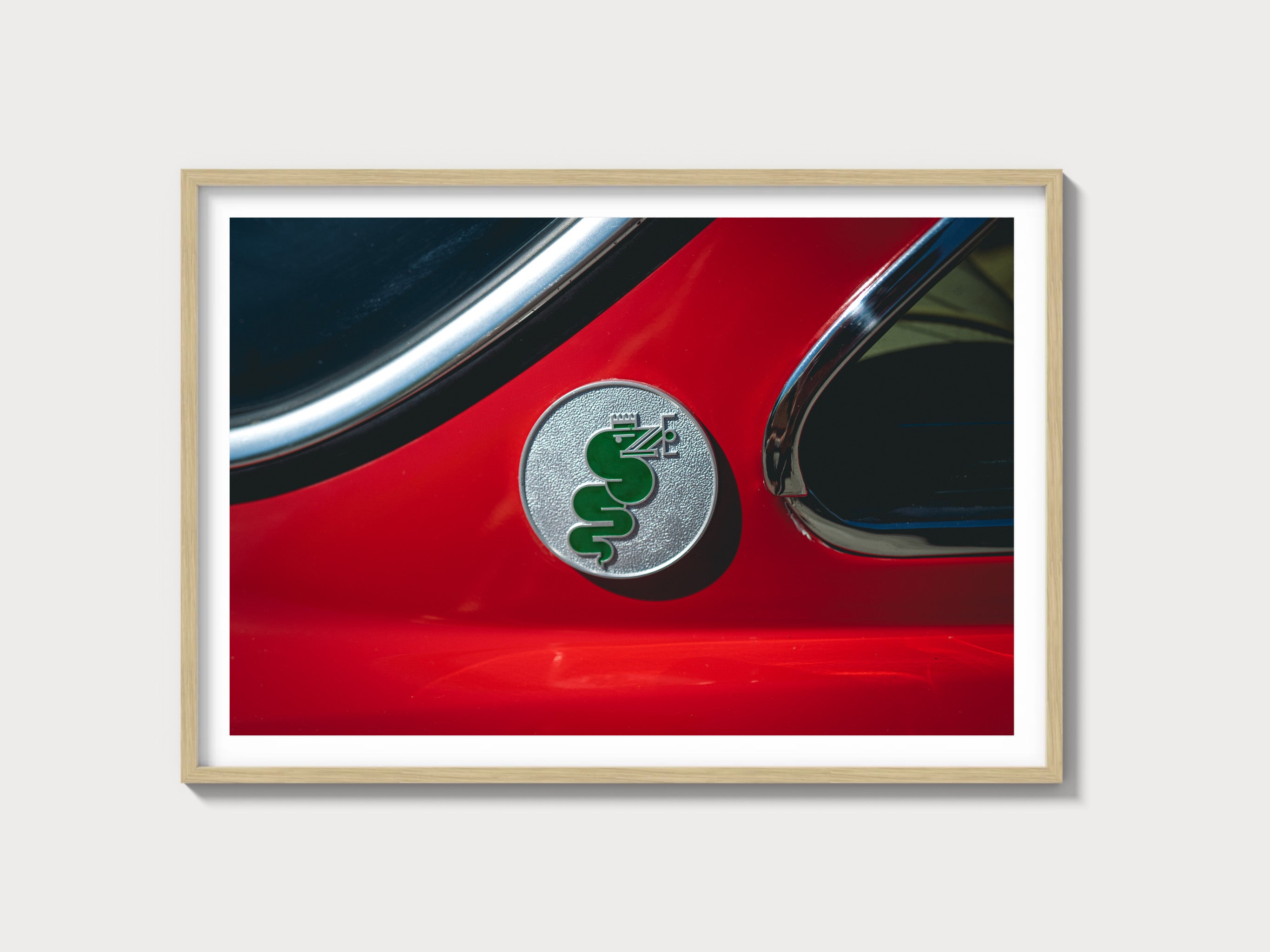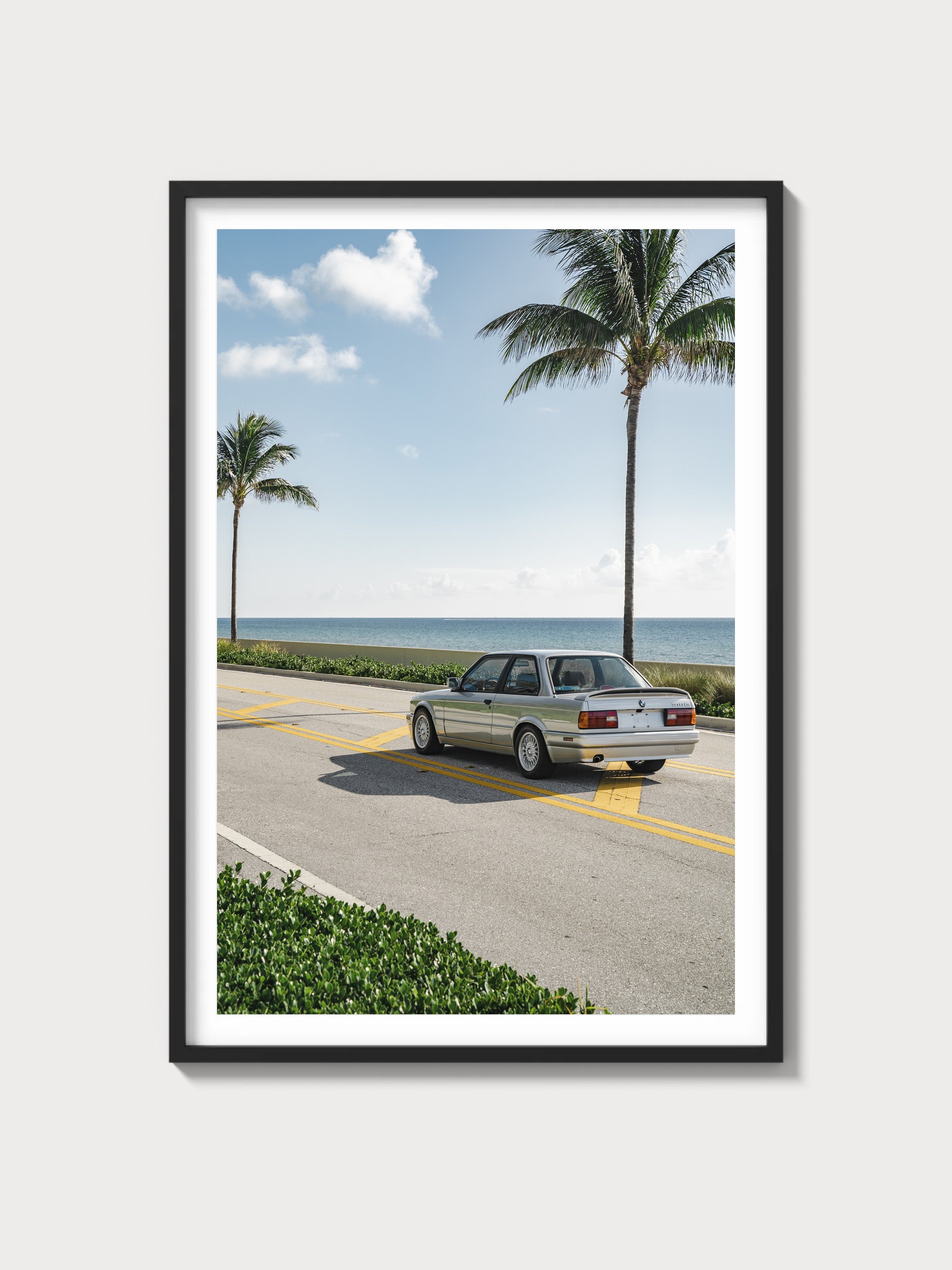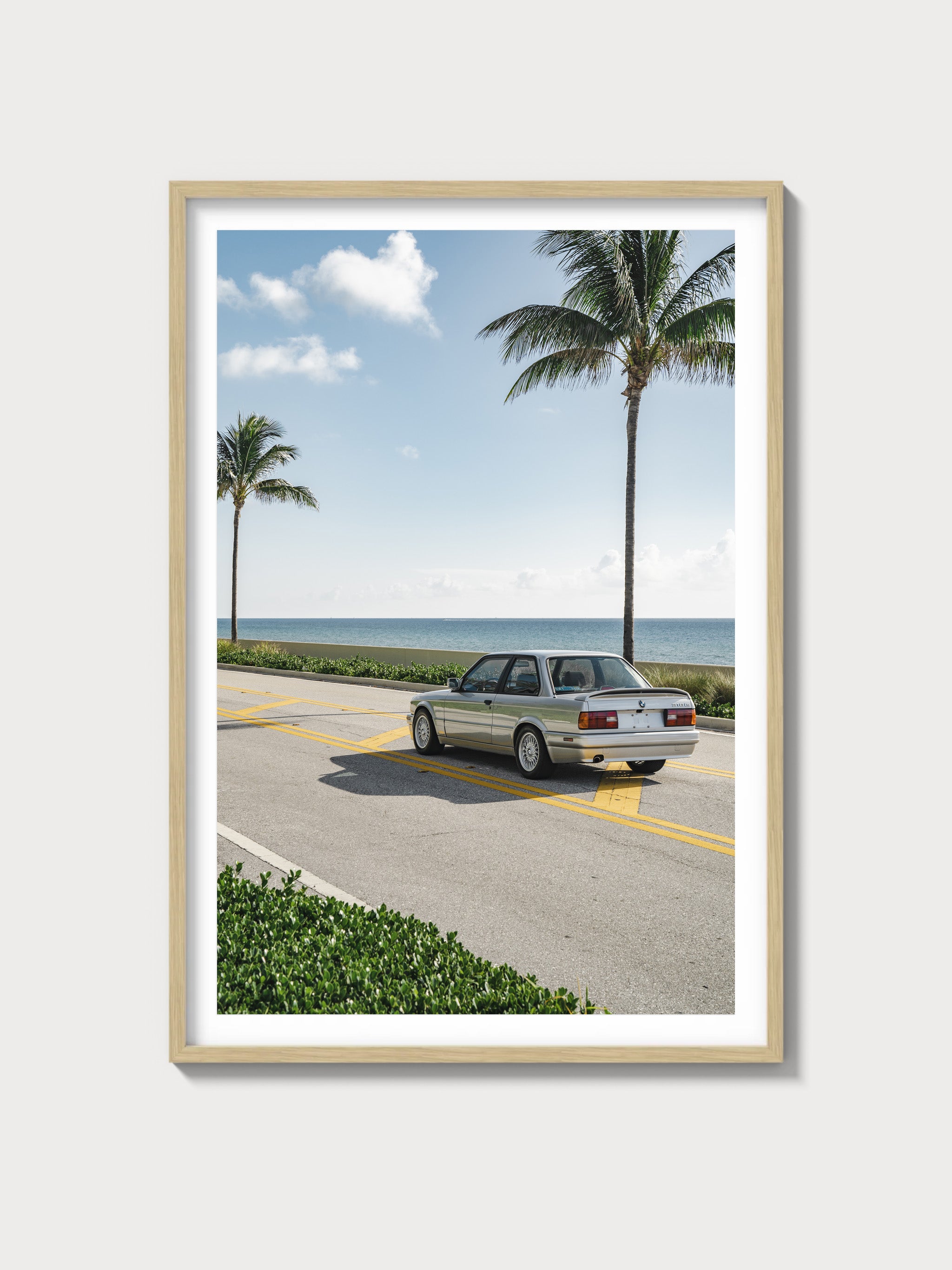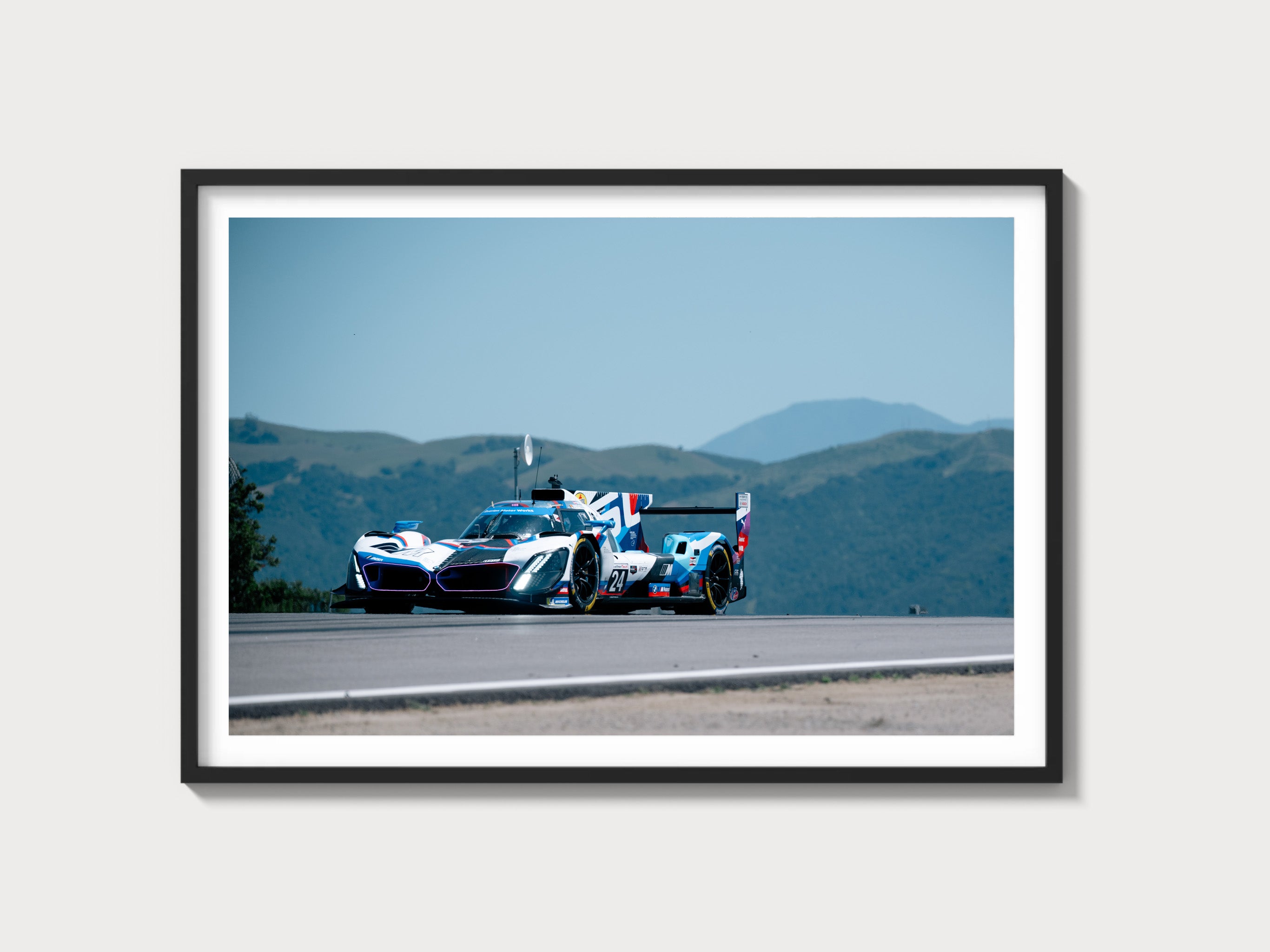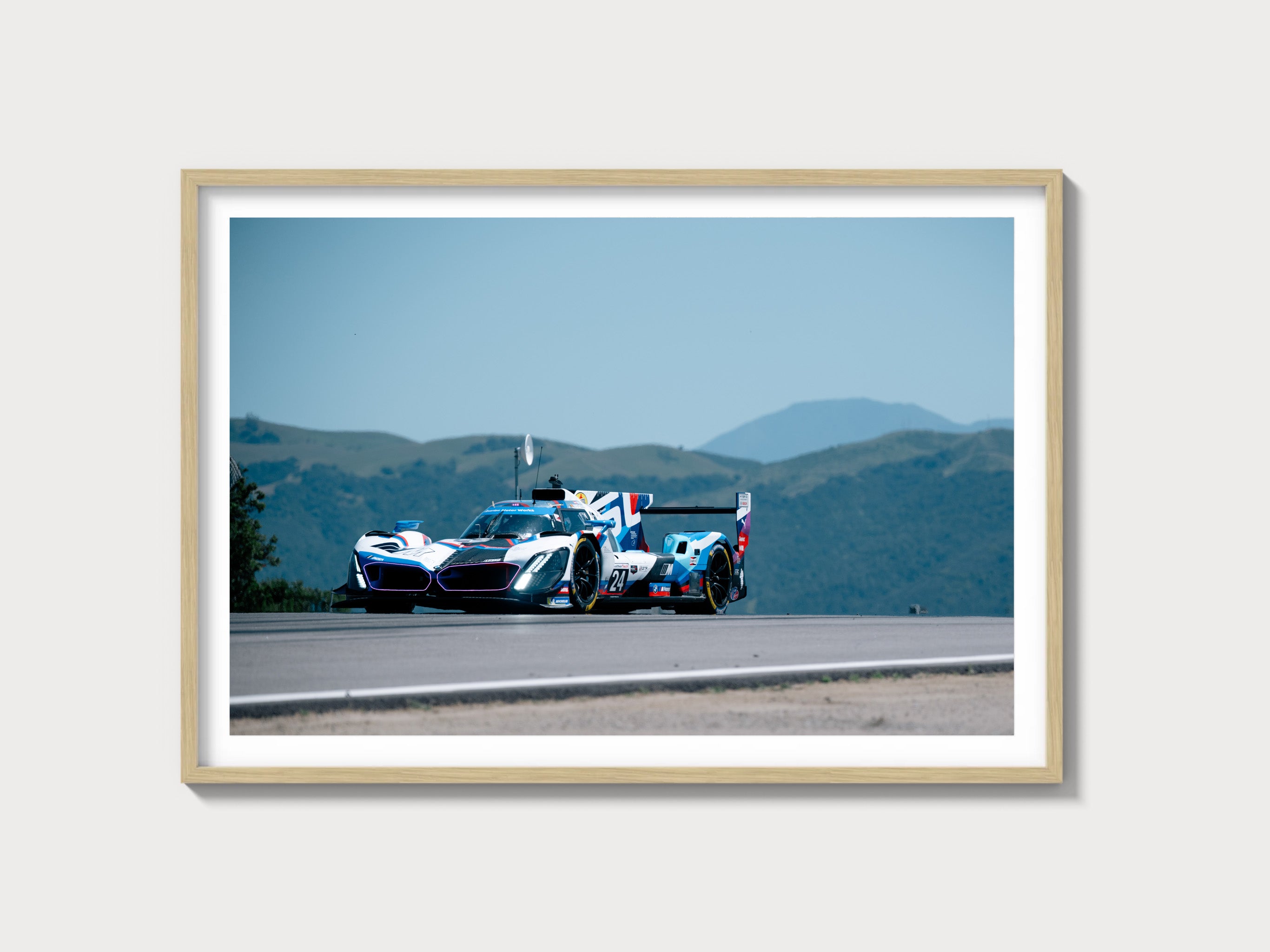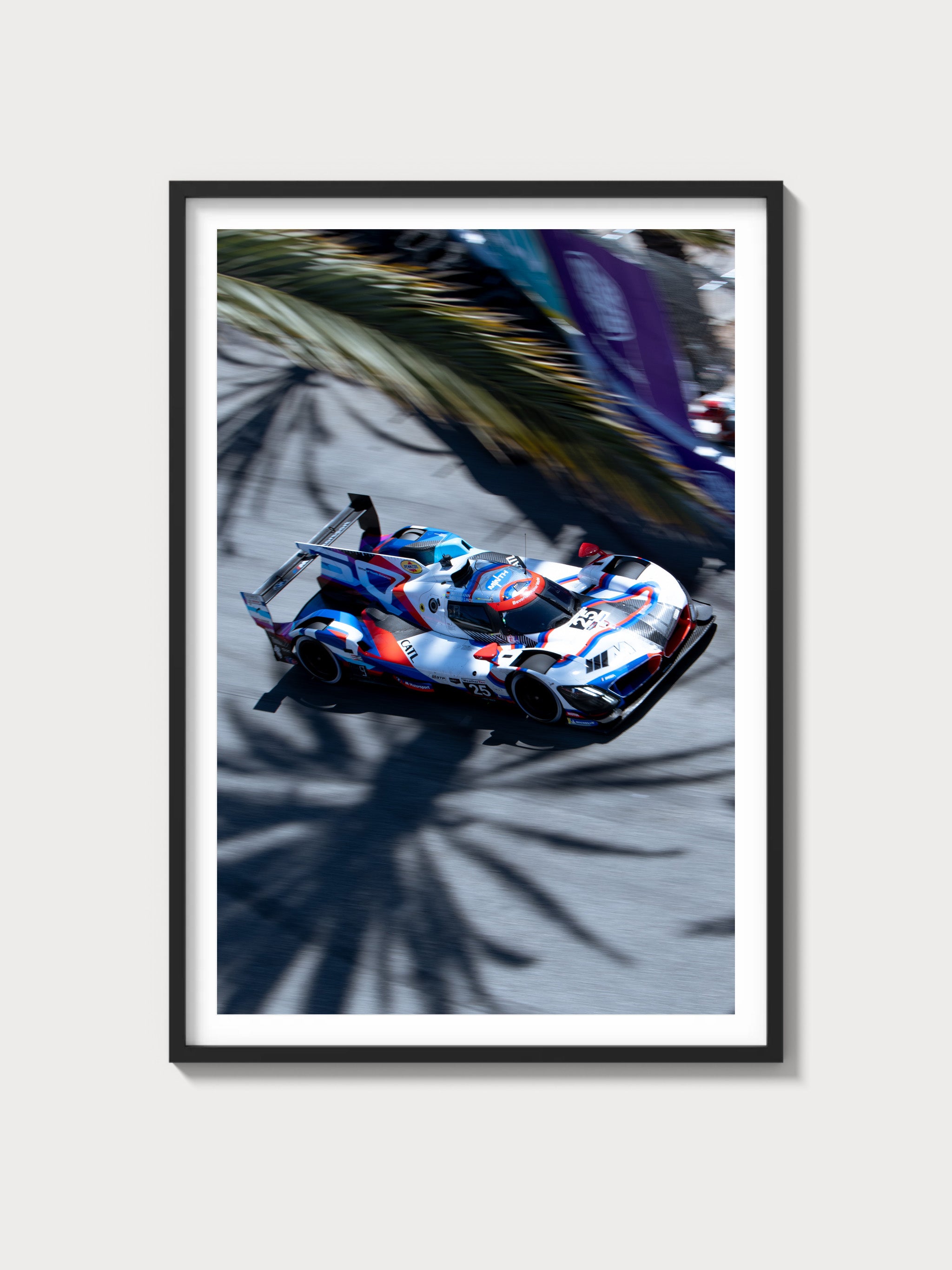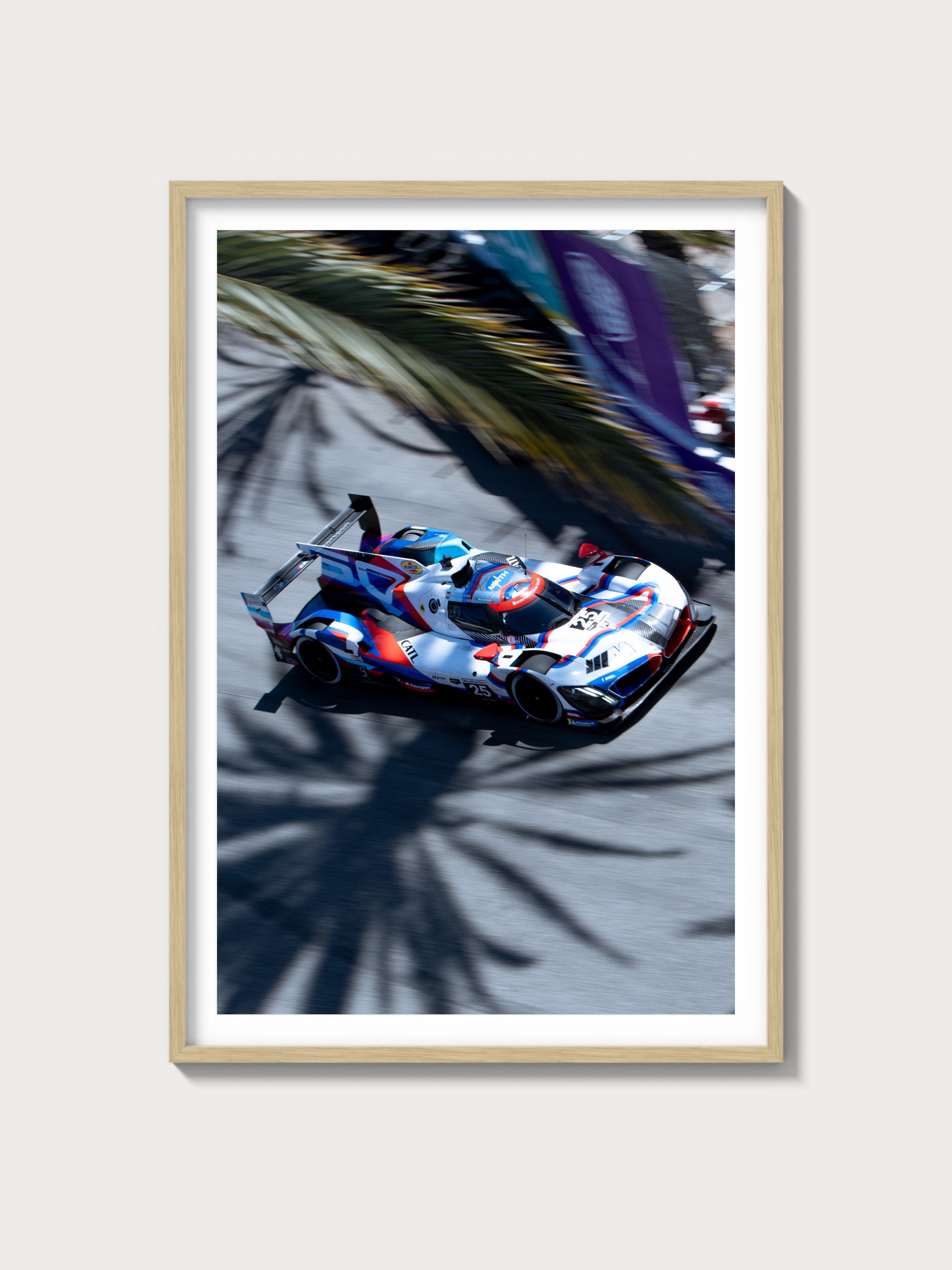1969 Chevrolet Chevelle Yenko — The COPO 427 sYc That Bent the Rules
Historical Context and Development Background
The second-generation Chevrolet Chevelle (1968–1972) was GM’s archetypal intermediate—cleanly styled, sized to hit the heart of the market, and offered with a spectrum of powertrains that ran from thrifty sixes to ferocious big-blocks. In 1969, GM’s internal rules still frowned on advertising engines over 400 cubic inches in intermediate cars, yet an internal ordering backdoor—Central Office Production Order (COPO)—allowed savvy dealers to assemble hardware that regular order forms wouldn’t. That’s the loophole Don Yenko, the Pennsylvania dealer-racer, exploited to build the 1969 Chevelle Yenko.
Yenko had already perfected the recipe with Camaros: specify the L72 427/425-hp solid-lifter big-block via COPO, pair it with heavy-duty cooling and driveline, and sell a turn-key street/strip terror. The Chevelle program followed the same playbook. Chevrolet produced the cars with the L72 and requisite heavy-duty ancillaries; Yenko then applied the distinctive graphics and sYc (Super Car) branding, plus dealer touches that signaled intent without voiding the factory build integrity.
On the street and at the strip, the Yenko Chevelle’s rivals were the Hemi-powered Plymouth Road Runner and Dodge Super Bee, Ford’s 428 Cobra Jet Torino/Fairlane derivatives, Oldsmobile’s W-30 442, and Pontiac’s GTO Judge Ram Air III/IV. In NHRA and AHRA stock and super stock ranks, COPO L72 Chevelles quickly gained a reputation for durability and repeatability, two virtues that mattered as much as outright speed.
Engine and Technical Specification
At the core sits the L72—a 427-cubic-inch Mark IV V8 with four-bolt mains, forged rotating assembly, an aggressive solid-lifter cam, high-flow rectangular-port cylinder heads, and a Holley four-barrel on a Winters-cast aluminum intake. Compression was high, the idle uncompromising, and the payoff unmistakable.
| Engine configuration | 90° V8, iron block/heads, solid lifters |
|---|---|
| Displacement | 427 cu in (7,000 cc) |
| Horsepower (SAE gross) | 425 hp @ ~5,600 rpm (factory rating) |
| Induction type | Naturally aspirated |
| Redline | ~6,000 rpm (typical for L72 applications) |
| Fuel system | Holley 4-barrel carburetor on aluminum high-rise intake |
| Compression ratio | Approx. 11.0:1 |
| Bore x stroke | 4.251 in x 3.76 in |
Transmissions mirrored Chevrolet’s heavy-duty catalog: the Muncie close-ratio 4-speed for those who preferred to row their own and the Turbo Hydra-Matic 400 3-speed automatic for consistent drag-strip ETs. A 12-bolt Positraction rear axle with aggressive gearing (commonly 4.10:1) and heavy-duty cooling completed the package. Front disc brakes and beefed-up suspension components were specified to cope with the L72’s output.
Driving Experience and Handling Dynamics
The L72’s personality dominates. Cold starts are all cam chop and intent; once warm, the engine pulls with the clean, insistent surge unique to solid-lifter big-blocks. Throttle response is immediate off the primary blades, and the motor likes to be worked above 3,000 rpm where the heads and cam come on song.
The Muncie’s linkage, when correctly set up, has the crisp, metallic precision enthusiasts expect, though the clutch is substantial compared to small-block Chevelles. TH400 cars trade tactility for brutality; they launch harder and more consistently with a deep-stall converter and deliver near-identical passes run after run.
Weight distribution favors the nose, so the Chevelle is honest about understeer when pushed. The heavy-duty springs, shocks, and sway bar tuning keep it tidy on a back road, but this is a car that rewards smooth inputs and early throttle application to straighten the exit. Period front discs are up to the job for spirited street use, with fade resistance vastly better than drums, and pedal feel dependable once properly set and bled.
Performance Specifications
| 0–60 mph | ~5.4 seconds (period-typical testing) |
|---|---|
| Quarter-mile | ~13.3 sec @ ~108 mph (stock trim, typical magazine results) |
| Top speed | ~130 mph (gearing-limited with 4.10:1) |
| Curb weight | ~3,700 lb (equipment-dependent) |
| Layout | Front-engine, rear-wheel drive (FR) |
| Brakes | Front discs, rear drums; power assist commonly fitted |
| Suspension | Double A-arm front, 4-link coil-spring rear; heavy-duty shocks/sway bar |
| Gearbox | Muncie 4-speed manual or TH400 3-speed automatic |
These numbers are representative of stock, well-tuned L72 Chevelles on period-type tires. Gearing, weather, and driver become meaningful variables with a solid-lifter big-block.
Variant Breakdown and Production
Yenko’s Chevelle offering in 1969 revolved around a single idea: the COPO-built, factory L72 427 car finished with sYc branding. Production totals and the broader COPO landscape are central to understanding rarity.
| Variant | Production | Key Differences | Notes |
|---|---|---|---|
| 1969 Chevelle Yenko (sYc) | 99 units (widely accepted figure) | Yenko side/hood stripes, sYc headrest logos, Yenko badging; L72 427/425 hp; Muncie 4-speed or TH400; heavy-duty cooling/driveline | Finished in 1969 Chevelle colors; examples commonly documented in Fathom Green and LeMans Blue among others |
| 1969 Chevelle COPO 427 (non-Yenko) | Approx. 323 total COPO 427 Chevelles built; 99 attributed to Yenko program | Factory L72 427; typically no Yenko stripes or sYc headrests; sold through other performance dealers | Provenance hinges on COPO documentation and dealer records |
| Transmission sub-variants (Yenko) | Manual and automatic both offered (exact split varies by source) | Muncie close-ratio 4-speed vs TH400 automatic | Rear axle gearing commonly 4.10:1 with Positraction |
Unlike Yenko Camaros, the Chevelle program focused on the powertrain and signature branding rather than additional factory option bundles beyond the COPO hardware. Authenticity today rests on a paper trail: build sheets, Protect-O-Plate, COPO notations, and Yenko invoices where applicable.
Ownership Notes: Maintenance, Parts, Restoration
- Engine care: The L72’s solid-lifter valvetrain requires periodic lash checks and high-zinc oil. Its high compression demands quality fuel and careful ignition timing to avoid detonation.
- Cooling and fueling: Ensure the heavy-duty radiator, shroud, fan clutch, and fuel delivery (lines, pump, filter) are up to specification; the 427 rewards ample airflow and stable fuel pressure.
- Driveline: The 12-bolt axle and Muncie/TH400 are tough but benefit from correct gear oil, proper yoke engagement, and vigilant U-joint inspection—especially on cars that see drag-strip duty.
- Brake and chassis: Factory front discs with proper pads and fresh hoses deliver a firm, confidence-inspiring pedal. Quality shocks and correctly rated springs restore the intended stance and response.
- Parts availability: Core Chevelle components and many COPO/Yenko cosmetic pieces are reproduced. Engine internals and L72-specific items are available through specialist suppliers; original date-coded pieces command premiums.
- Restoration difficulty: High. Stripe placement, sYc headrest embroidery, and small telltales (fasteners, finishes, stampings) separate top-tier restorations from driver-quality efforts.
- Service cadence: Follow period big-block practices—regular fluid changes, ignition tune, valve lash checks, and chassis lubrication. Cars with frequent short trips benefit from more conservative oil intervals.
- Documentation: Verify COPO lineage and Yenko provenance with factory paperwork, dealer records, and recognized registries; clones are common in the market.
Cultural Relevance and Market Perspective
The 1969 Chevelle Yenko sits in the first rank of dealer-supercar lore. It embodies the cat-and-mouse era when performance-minded dealers navigated corporate constraints to deliver exactly what racers wanted. In print, at the track, and across enthusiast circles, the sYc Chevelle became a shorthand for unfiltered big-block performance.
Collector interest has remained strong for documented cars. As with all COPO machinery, originality and paper trail drive desirability: numbers-matching engines, original driveline components, and verifiable Yenko involvement elevate value. Auction and private-sale history has shown that well-documented examples command solid six-figure results, with benchmark cars reaching into the high six figures depending on condition, specification, and provenance.
FAQs
How many 1969 Chevelle Yenkos were built?
The widely accepted figure is 99 Yenko Chevelles for 1969, built using Chevrolet’s COPO pathway and finished by Yenko with stripes and sYc branding.
What engine did the 1969 Chevelle Yenko use?
The L72 427-cubic-inch V8 rated at 425 hp (SAE gross), with a solid-lifter cam, rectangular-port heads, and a Holley 4-barrel on an aluminum high-rise intake.
How quick is a stock 1969 Chevelle Yenko?
Period testing and well-documented examples run roughly 0–60 mph in the mid-5-second range and the quarter-mile in the low 13s around 107–109 mph on stock gearing and tires.
What differentiates a Yenko Chevelle from a standard COPO 427 Chevelle?
Mechanically, both are L72 COPO cars; Yenko cars received dealer-applied stripes, sYc headrest logos, and Yenko badging, with provenance tied to Yenko’s dealership paperwork.
Manual or automatic—what was available?
Both. The Muncie close-ratio 4-speed and the TH400 automatic were offered. Manual cars deliver a more involving experience; TH400 cars excel in drag-strip consistency.
Known issues to watch?
Look for detonation from overly advanced timing on today’s fuels, insufficient cooling on hot days if the system isn’t to spec, worn distributor advance mechanisms, and clutch wear or TH400 shift-quality issues on hard-used examples.
How do I verify a real Yenko Chevelle?
Seek corroborating documentation: factory build sheet with COPO notation, Protect-O-Plate, original engine and axle stampings, and Yenko dealership invoices or records. Recognized registries and marque experts can assist with authentication.
What is the typical market range?
Documented, numbers-matching cars trade in the six-figure band, with top examples achieving high six-figure results depending on provenance, condition, and specification.
At-a-Glance Technical Summary
| Model | Year | Generation | Engine | Power (gross) | Gearbox | Axle | Curb weight |
|---|---|---|---|---|---|---|---|
| Chevrolet Chevelle Yenko (sYc) | 1969 | Second generation (1968–1972) | L72 427ci V8, solid lifter | 425 hp | Muncie 4-speed or TH400 auto | 12-bolt Positraction, commonly 4.10:1 | ~3,700 lb |
In the canon of American muscle, the 1969 Chevelle Yenko stands as one of the purest expressions of the dealer-supercar era: a factory-built, big-block hammer, delivered with just enough added theater to make the point unmistakable.

